News
News list
-
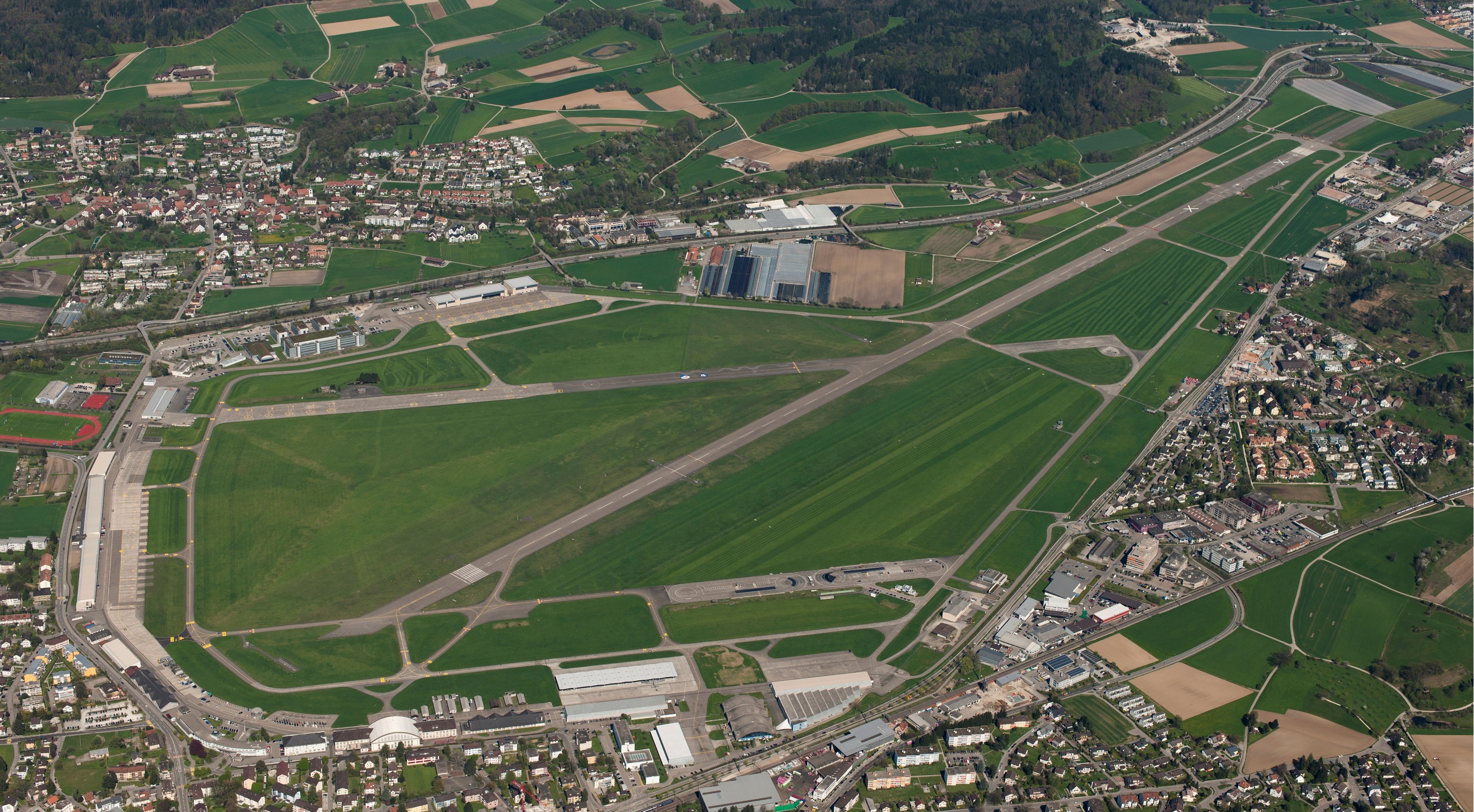
UZH Space Hub expands space and aviation ecosystem with three new users
The University of Zurich's Space Hub continues to grow: Starting February 1, three new organizations will be using the infrastructure at the Space Hub Hangar, thereby strengthening the space and aviation ecosystem in the areas of research, education, and technology transfer.
-
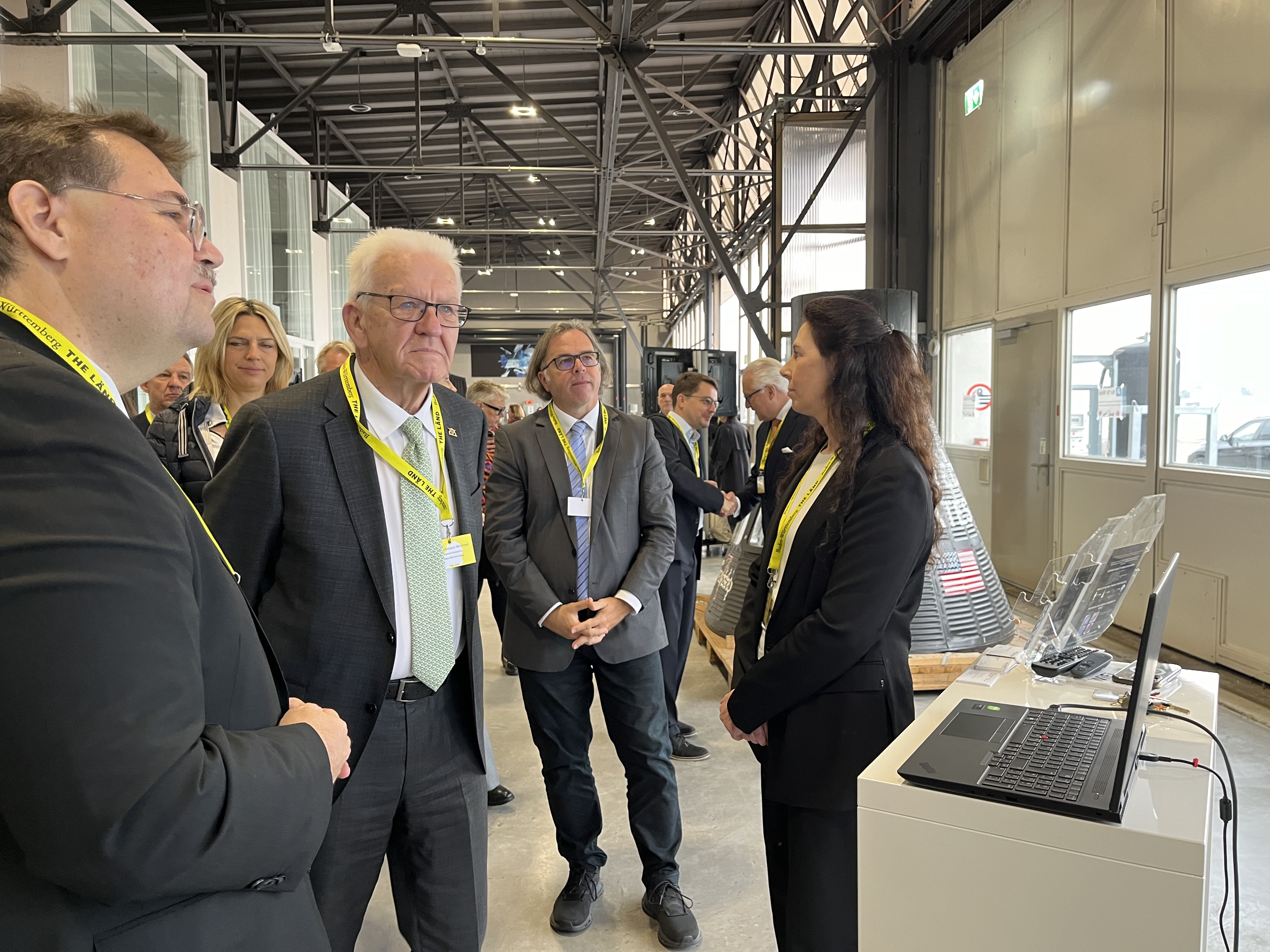
-
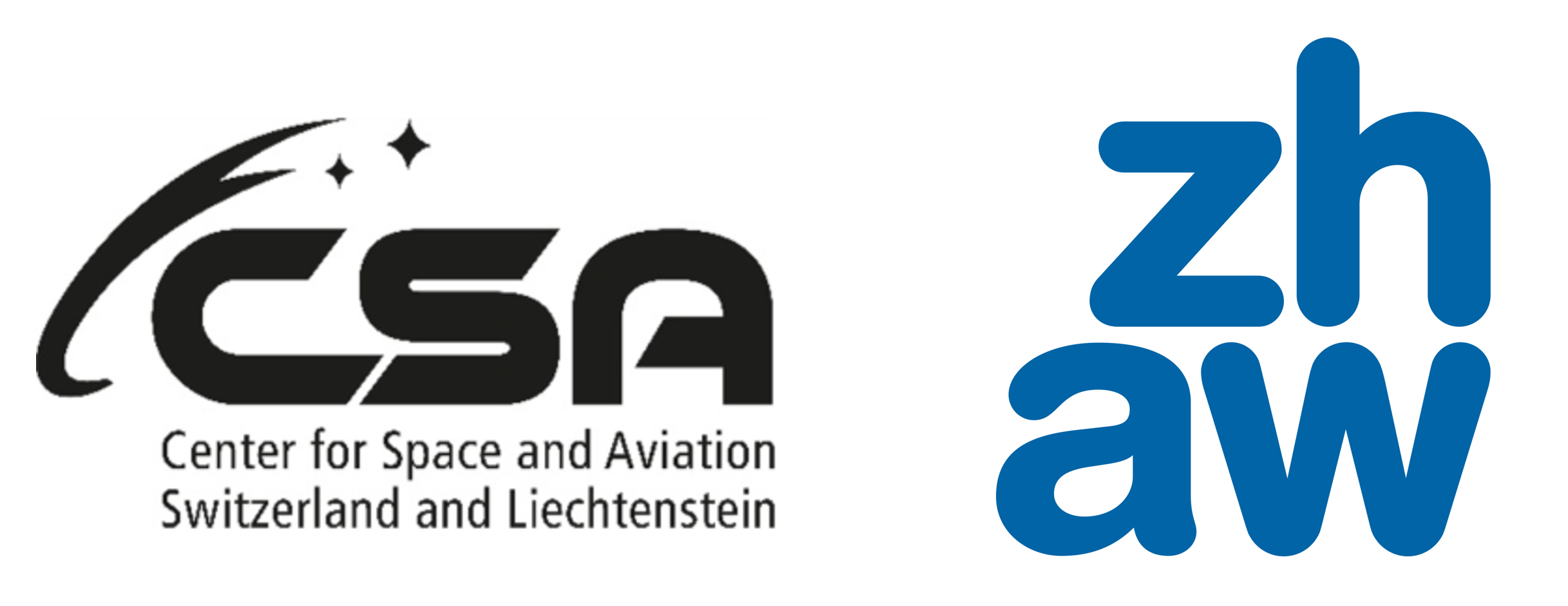
-

-

The Aesthetics of Wonders Exhibition
On the occasion of the 50th anniversary of the European Space Agency (ESA), Switzerland Innovation Park Zurich (IPZ), Universität Zürich (UZH) and Space Exchange Switzerland (SXS) presented The Aesthetics of Wonders — a Swiss exhibition that celebrates the extraordinary visual language of science in front of the EPFL Swiss Convention Center.
-

Empa becomes new CSA partner– strengthening the Swiss New Space ecosystem
The Center for Space and Aviation Switzerland and Liechtenstein has gained another high-profile partner in Empa, thereby expanding its existing space and aviation expertise in the areas of materials development, manufacturing technologies, and quality assurance in space technology.
-

Fast-Track to Space: Swiss Genomics Research on Private Space Flight Mission
Dr. Cora Thiel, Vice Director of the Institute of Aerospace Medicine at the University of Zurich experienced firsthand the dramatic shift in space research when her genomics experiment flew aboard Fram2, the first non-US private space mission. Unlike government missions with lengthy development cycles and rigid protocols, this private venture compressed the entire process to under five months. Using off-the-shelf medical products and pre-approved chemicals, the team demonstrated how private space missions are transforming scientific accessibility with their unprecedented speed and flexibility without sacrificing research quality.
-

A leading position in Europe's Commercial Space Revolution
Vice President Elisabeth Stark from the University of Zurich reveals how the Center for Space and Aviation Switzerland and Liechtenstein (CSA) aims to transform Switzerland and Liechtenstein into a key player in the low-Earth orbit economy. With Starlab Space's intention to establish its European operations in Dübendorf and initiatives like the Fram2 mission that makes space more accessible, the "Space Valley" aims to drive the next industrial revolution beyond our atmosphere.
-

The Dawn of a New Space Era: Swiss-Nevisian Partnership Embarks on Historic Polar Space Mission
-

UZH Paving the Way for New Space Economy
Starlab Space, an international joint venture of Airbus, Voyager Space, Mitsubishi and MDA Space, signed a memorandum of understanding to locate at the Switzerland Innovation Park Zurich the payload operation and control center, a Center of Excellence for payload development and operations, as well as additional ground segments of Starlab focused on biotechnology, biomedicine and pharmaceuticals.
-

Landmark Conference on Aerospace Medicine at the Innovation Park
A significant milestone for the Innovation Park: For the first time, it hosted the prestigious Scientific Annual Conference of the German Society for Aerospace Medicine (DGLRM). The three-day event, held from October 17-19 at Hangar 4 and the Air Force Center in Dübendorf brought together approximately 120 experts from Germany, Switzerland, Austria, and Liechtenstein.
-

A New Vacuum Research Facility Opens at Innovationspark Zürich
This summer, the DemoTube—a unique testing facility for vacuum transport, also known as hyperloop—opened its doors at Innovationspark Zürich, right across from the UZH Space Hub. The facility is designed to support the development of infrastructure technology for hyperloop systems.
-

Eröffnung des neuen Gebäudes des UZH Space Hub- Die Universität Zürich stärkt ihre Luft- und Raumfahrtforschung im Innovationspark Zürich
Mit interdisziplinärer Forschungsstärke und einem internationalen Netzwerk leistet der UZH Space Hub bedeutende Beiträge in der Fernerkundung, der Astrophysik, den Space Life Sciences oder der autonomen Navigation von Drohnen. Der neue Standort im Innovationspark Zürich bietet die Chance, ein einzigartiges Weltraum-Ökosystem aufzubauen, das Forschung, Technologie und Wirtschaft verknüpft und den Weg für zukünftige Innovationen ebnet.
-
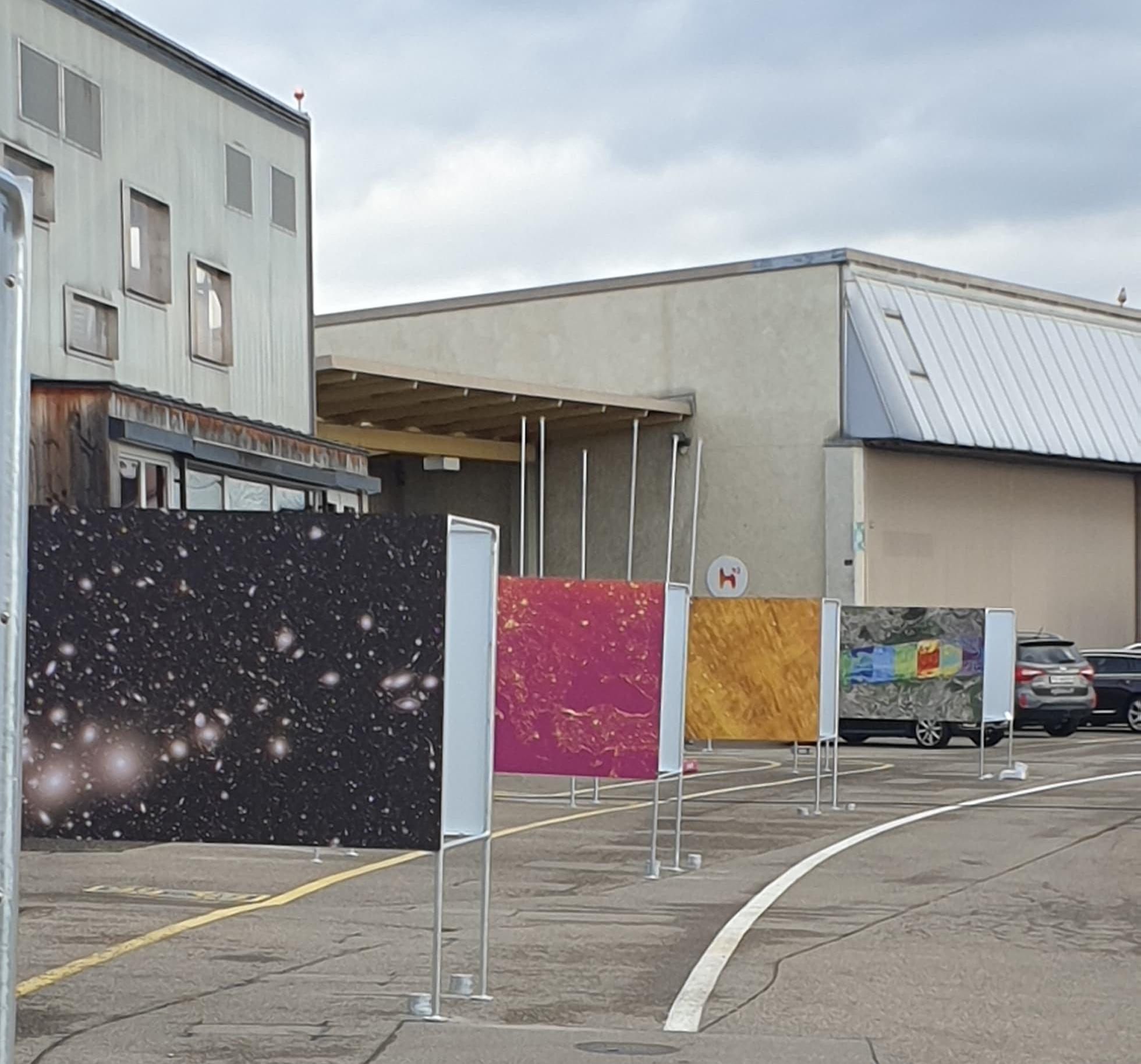
Exhibition at IPZ Dübendorf
Follow the images to the entrance of the UZH Space Hub building Hangar 4. In celebration of the official opening of the new UZH Space Hub building, a photo exhibition is being presented, showcasing large-format images from the fields of astrophysics and Earth observation.
Come and experience the future of space science in this inspiring new venue!
-
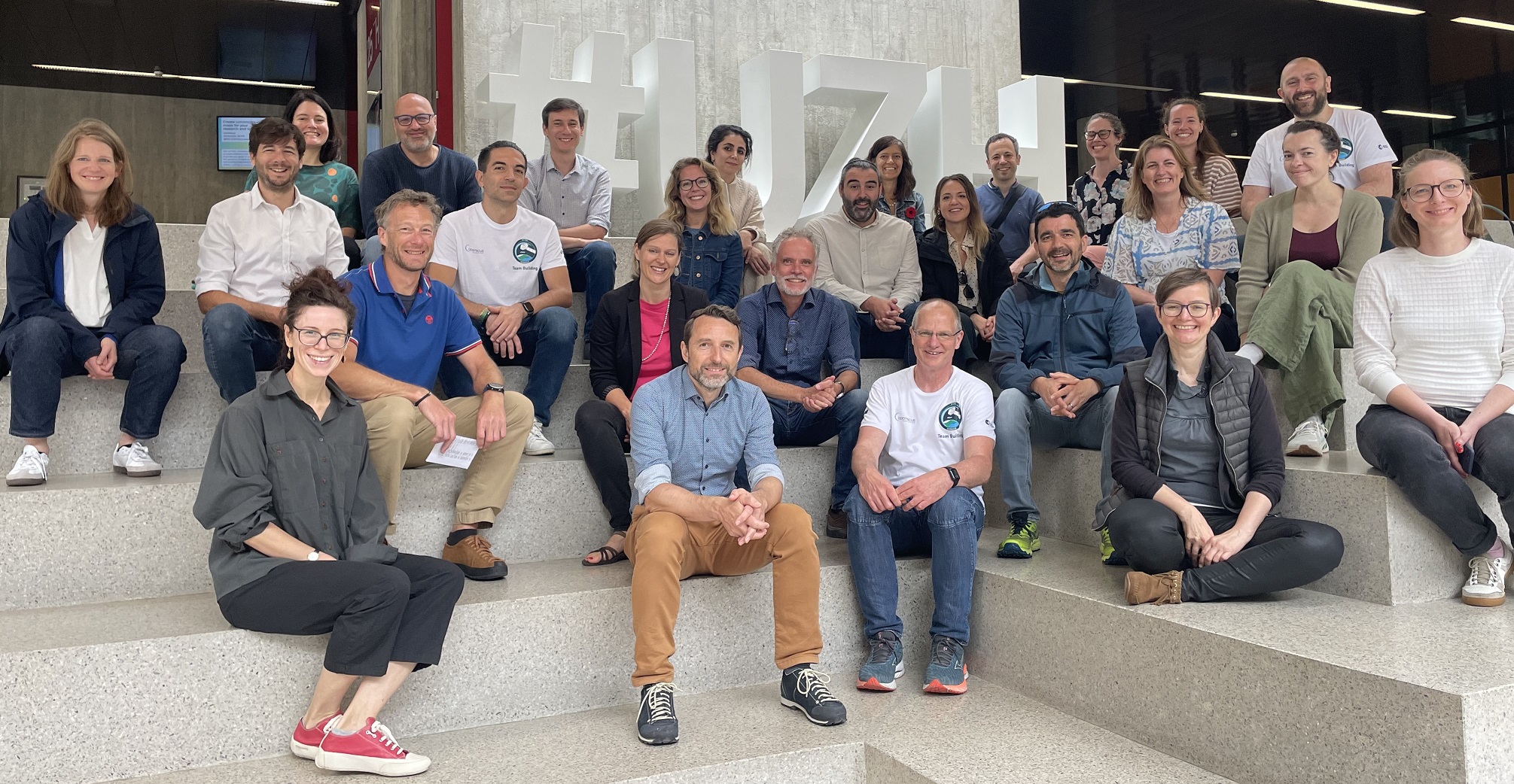
ESA team receives updates on research progress at UZH
ESA's team of the satellite mission CHIME visited UZH and was informed about latest research activities at RSL and on the imaging spectrometer AVIRIS-4.
-

Rabea Rogge is astronaut on commercial space mission
Congratulations to Rabea Rogge, who will be an astronaut on SpaceX’s commercial astronaut mission Fram2 as part of its four-persons crew. This mission will explore Earth’s orbit as the first human spaceflight mission that flies over the polar regions of our Earth. Rabea studied Electrical Engineering and Information Technology at ETH Zurich, was part of ARIS and had her first experience in microgravity during the 6th Swiss Parabolic Flight Campaign of the UZH Space Hub. The Fram2 mission will be launched NET late 2024. We wish all the best and a successful space mission!
-
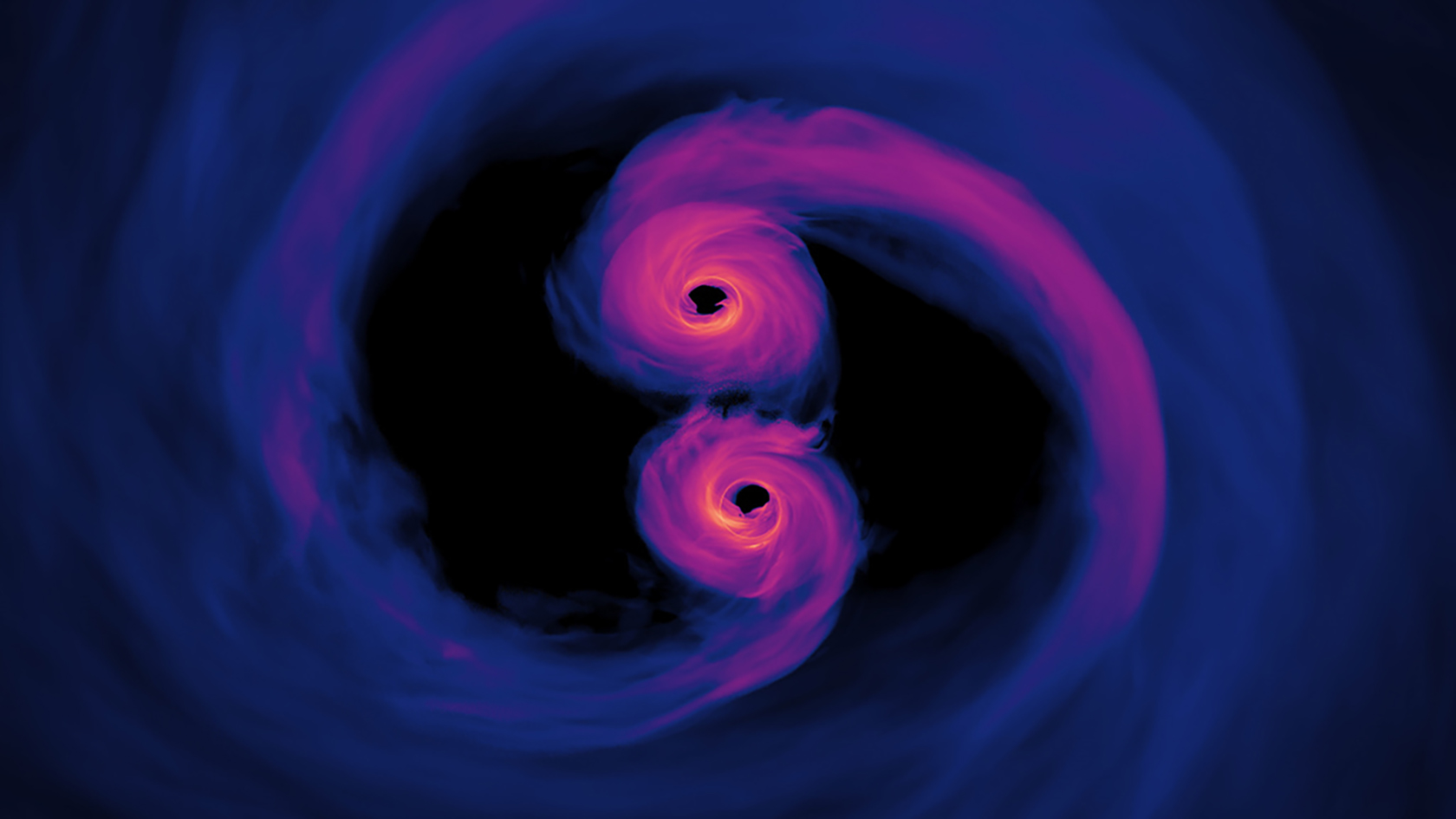
Using Small Black Holes To Detect Big Black Holes
An international team of astrophysicists with participation of the University of Zurich proposes a novel method to detect pairs of the biggest black holes found at the centers of galaxies by analyzing gravitational waves generated by binaries of nearby small stellar black holes. Lucio Mayer from the UZH Space Hub ecosystem is co-author of the study.
-
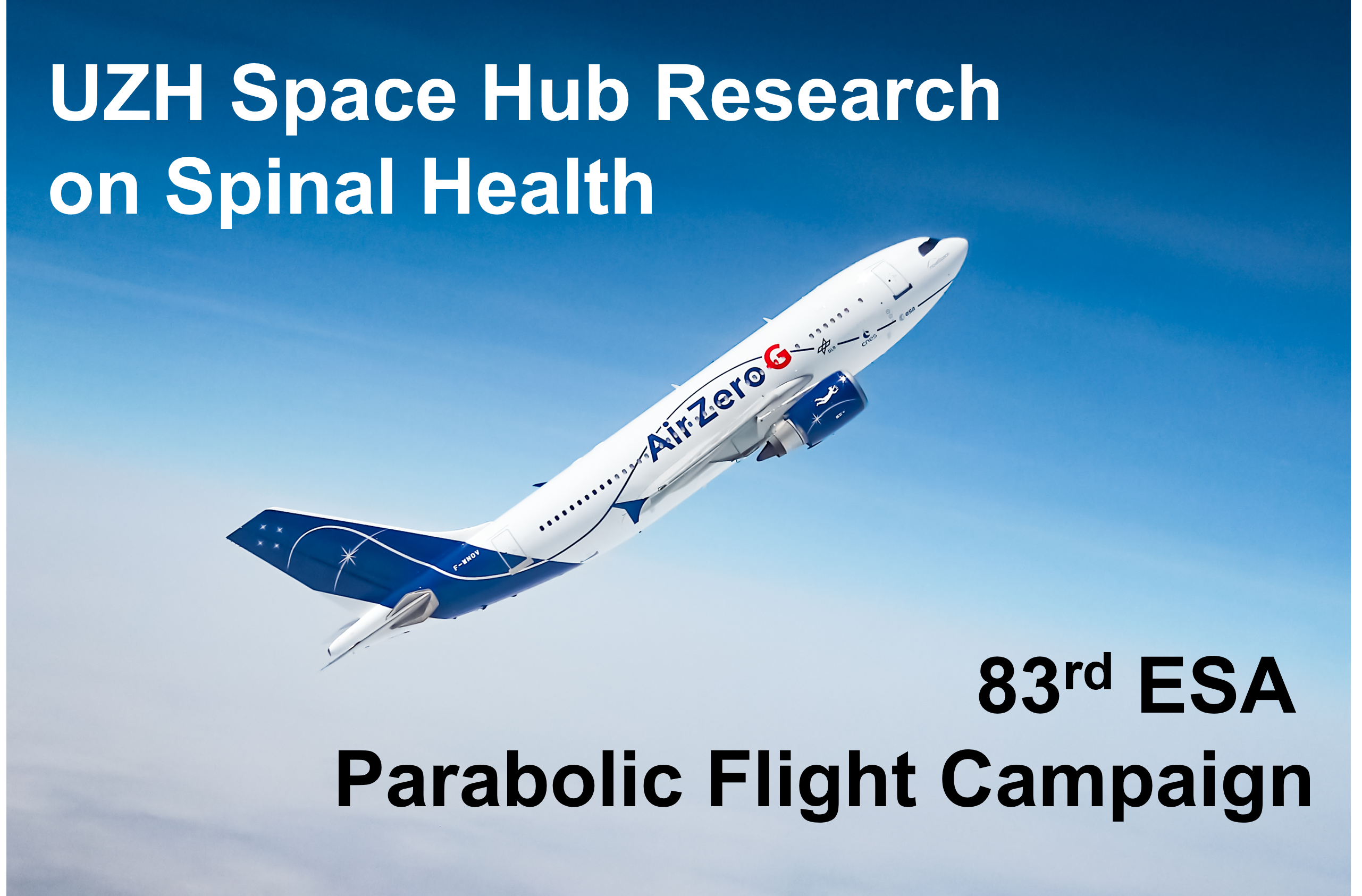
UZH Research on 83rd ESA Parabolic Flight Campaign
Jaap Swanenburg from the UZH Space Hub network is doing measurements on the human spine of healthy test persons during parabolic flights on bord the AIRBUS A310 ZERO G airplane this week (27-30.11.2023).
-
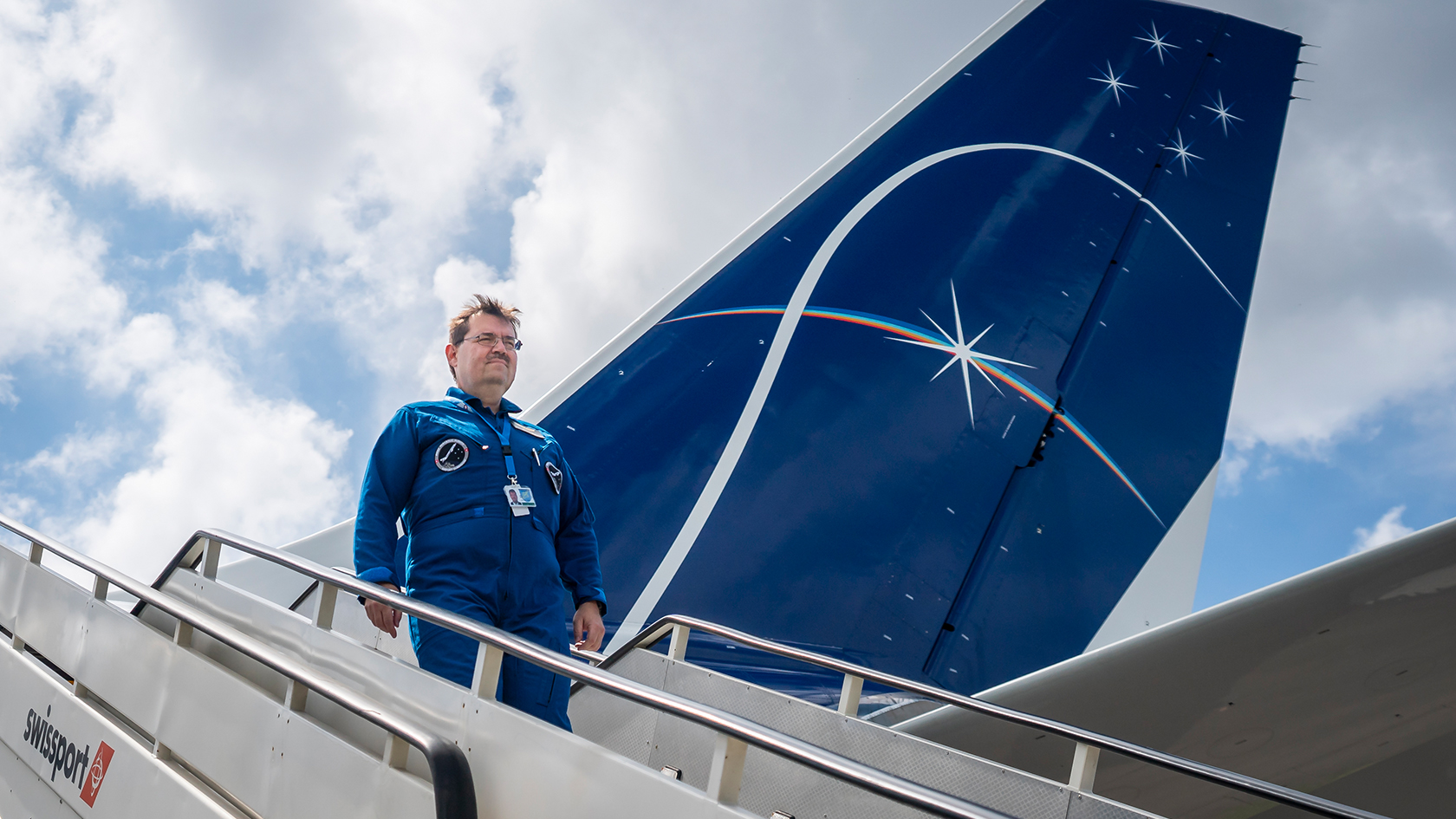
Highest Honor for UZH Researcher
Oliver Ullrich, Director of the UZH Space Hub and professor at the Institute of Anatomy, has been awarded the Life Sciences Award by the International Academy of Astronautics. The aerospace medicine expert is being recognized for his innovative research in space life sciences, a field he has been instrumental in establishing.
-
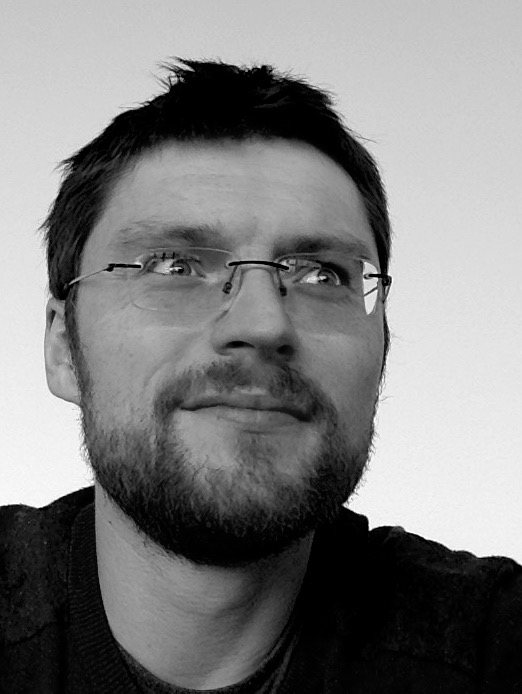
Meet a Space Scientist: Aurel Schneider
This month we have interviewed Aurel Schneider, Professor at the University of Zurich, working on theoretical Astrophysics and Cosmology. His interest lies in exploring dark matter, a barely understood component that is essential for the formation of stars and galaxies that happens in our initially smooth universe.
This interview is part of a series about the UZH researchers involved in Euclid, the ESA space telescope that took off from Cape Canaveral in July this year.
-

New video on our YouTube channel on LISA, the first Gravitational Wave Observatory in Space
Philippe Jetzer is Professor for Physics at the University of Zurich and member of the UZH Space Hub network. In our latest video he explains the ambitions space project LISA (Laser Interferometer Space Antenna).
-

Meet a Space Scientist: Julian Adamek
This month we have interviewed Julian Adamek, SNF-Eccellenza Professor at the Institute for Computational Science (University of Zurich). Julian is a cosmologist and works on computer models to integrate relativist effects in the simulations of our Universe.
This interview is part of a series about the UZH researchers involved in Euclid, as ESA space mission which will take off from Cape Canaveral in July 2023.
-
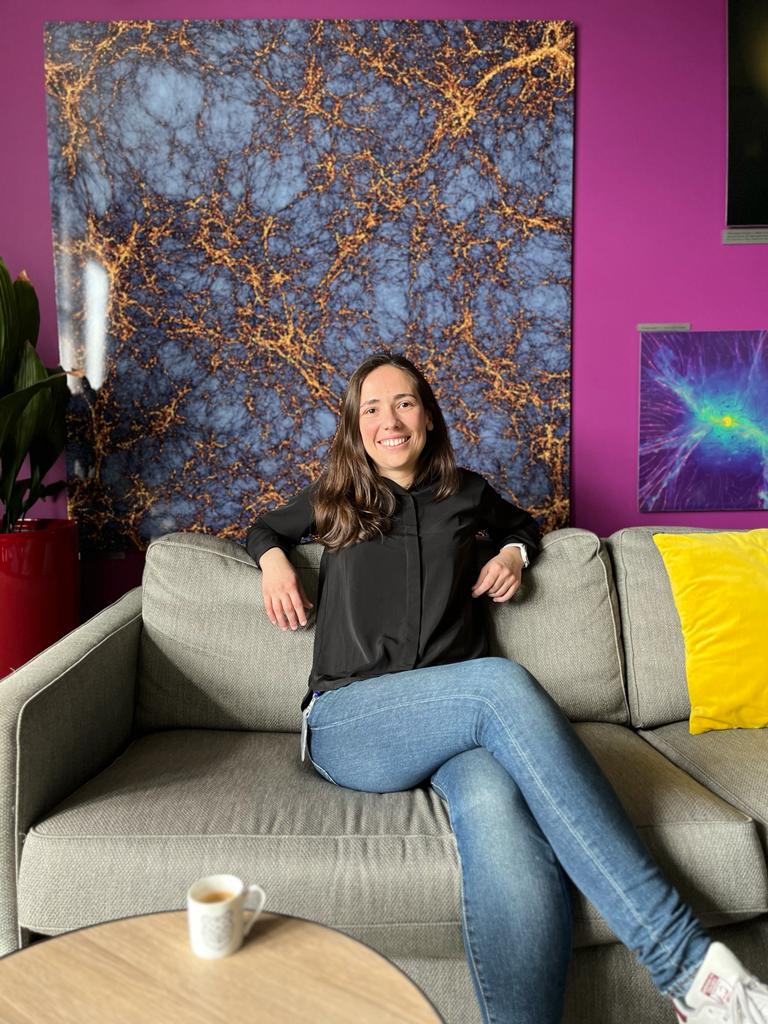
Meet a Space Scientist: Francesca Lepori
This month we have interviewed Francesca Lepori, cosmologist at the Center for Theoretical Astrophysics and Cosmology at the University of Zurich. Among different projects, Francesca also works on Euclid, an ESA space mission which will take off from Cape Canaveral in July 2023. Euclid will help researchers to solve the biggest mysteries of modern cosmology: the nature of dark matter and dark energy!
-
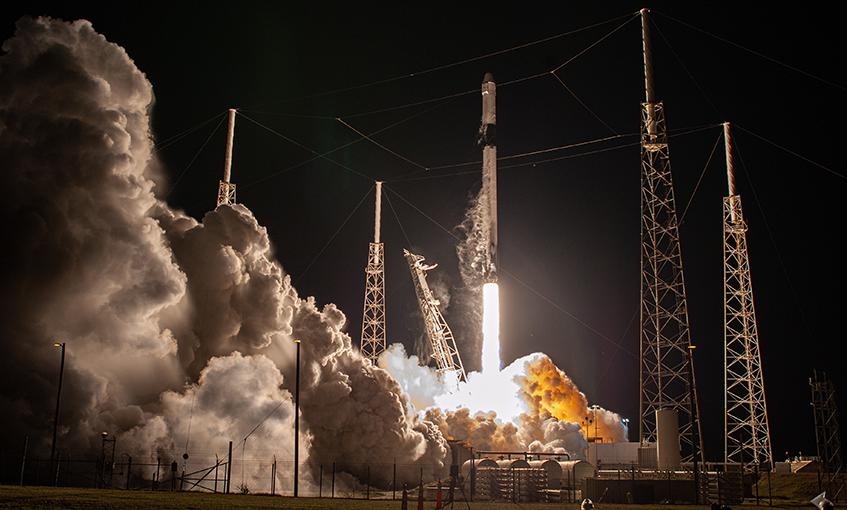
Talk "Commercializing Human Organoids from Space"
Liliana Layer, CSO of the UZH spin-off Prometheus Life Technology, will give a talk on "Commercializing Human Organoids from Space - Prometheus Life Technologies" (Image: NASA)
-
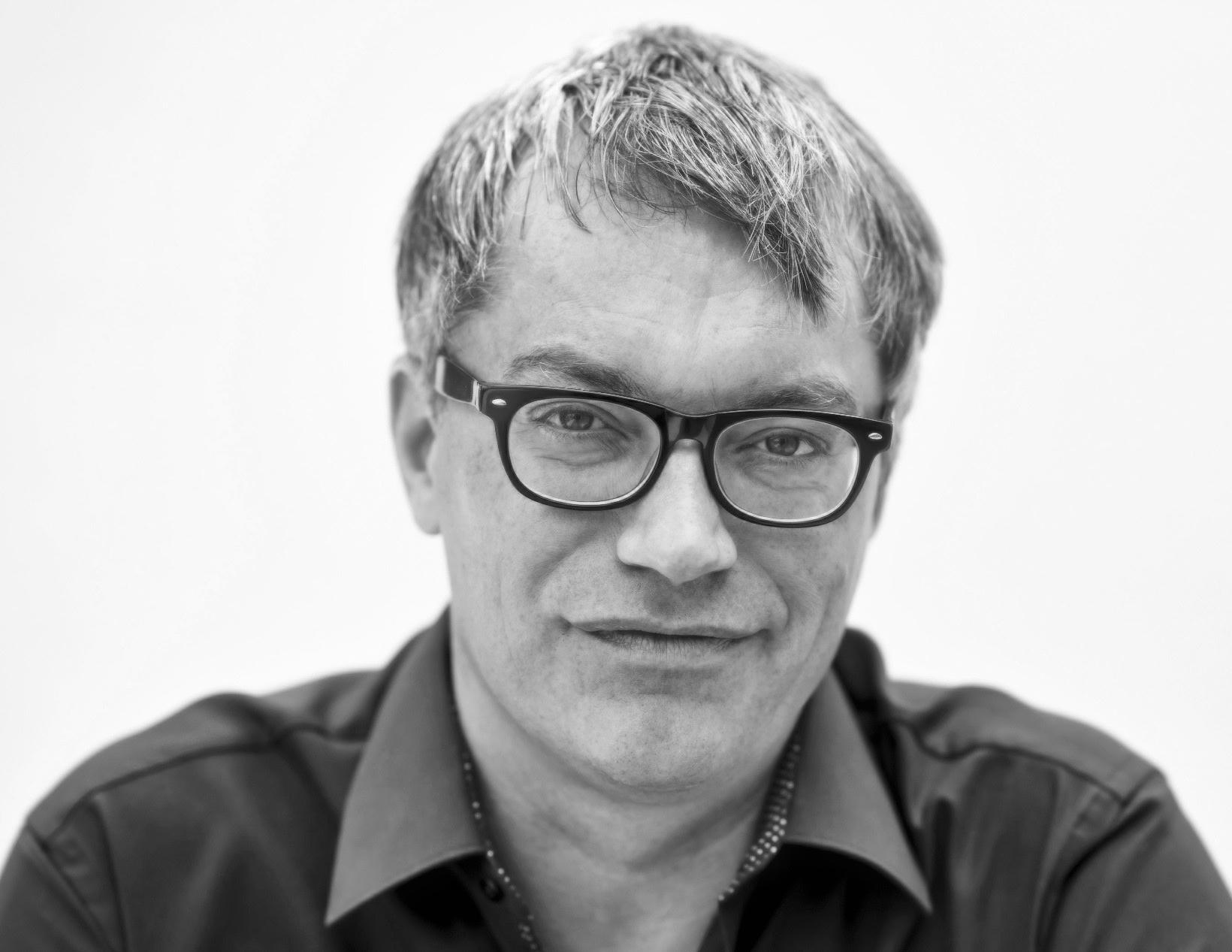
Meet a Space Scientist: Ben Moore
This month we have interviewed Ben Moore, professor at the Center for Theoretical Astrophysics and Cosmology at the University of Zurich and Swiss coordinator ofARRAKIHS, the new fast mission selected by the European Space Agency for its Science Programme. ARRAKIHS (Analysis of Resolved Remnants of Accreted galaxies as a Key Instrument for Halo Surveys) will image about one hundred nearby galaxies and their surroundings and provide data to make tests of the so-called Λ-Cold Dark Matter (ΛCDM) cosmology.
-
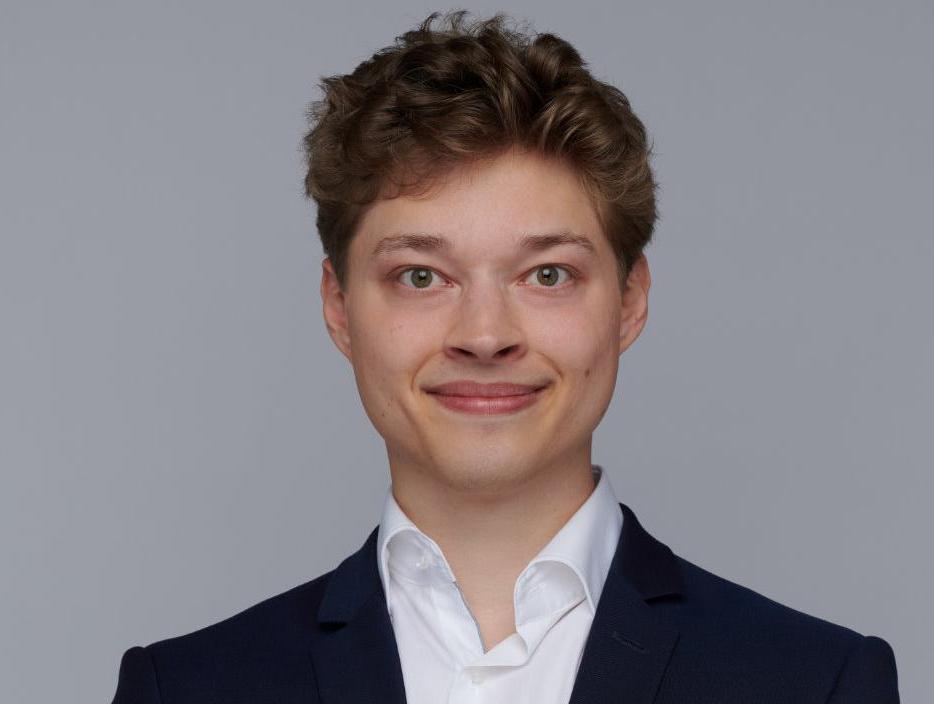
Meet Simon Gruening, CTO of askEarth
askEarth is one of the UZH spin-offs which this year joined ESA BIC Switzerland. We have interviewed Simon Grüning, Chief Technology Officer at askEarth, whose work is supported by a UZH Entrepreneur Fellowship. Goal of askEarth is to make satellite data accessible to the general public via natural language processing.
-

Two new space spin-offs from UZH join ESA BIC!
Congratulations, the two new UZH spin-offs askEarth and Prometheus Life Technologies, both rooting in the UZH Space Hub environment, join ESA BIC Switzerland, the Swiss Space Incubator!
-

-

Congratulations to the UZH spin-off Prometheus Life Technologies
We’re excited to announce that out of hundreds of applicants, the UZH spin-off Prometheus Life Technologies located at the Switzerland Innovation Park Zurich has been selected as the winner of the Reef Starter Innovation Challenge.
-
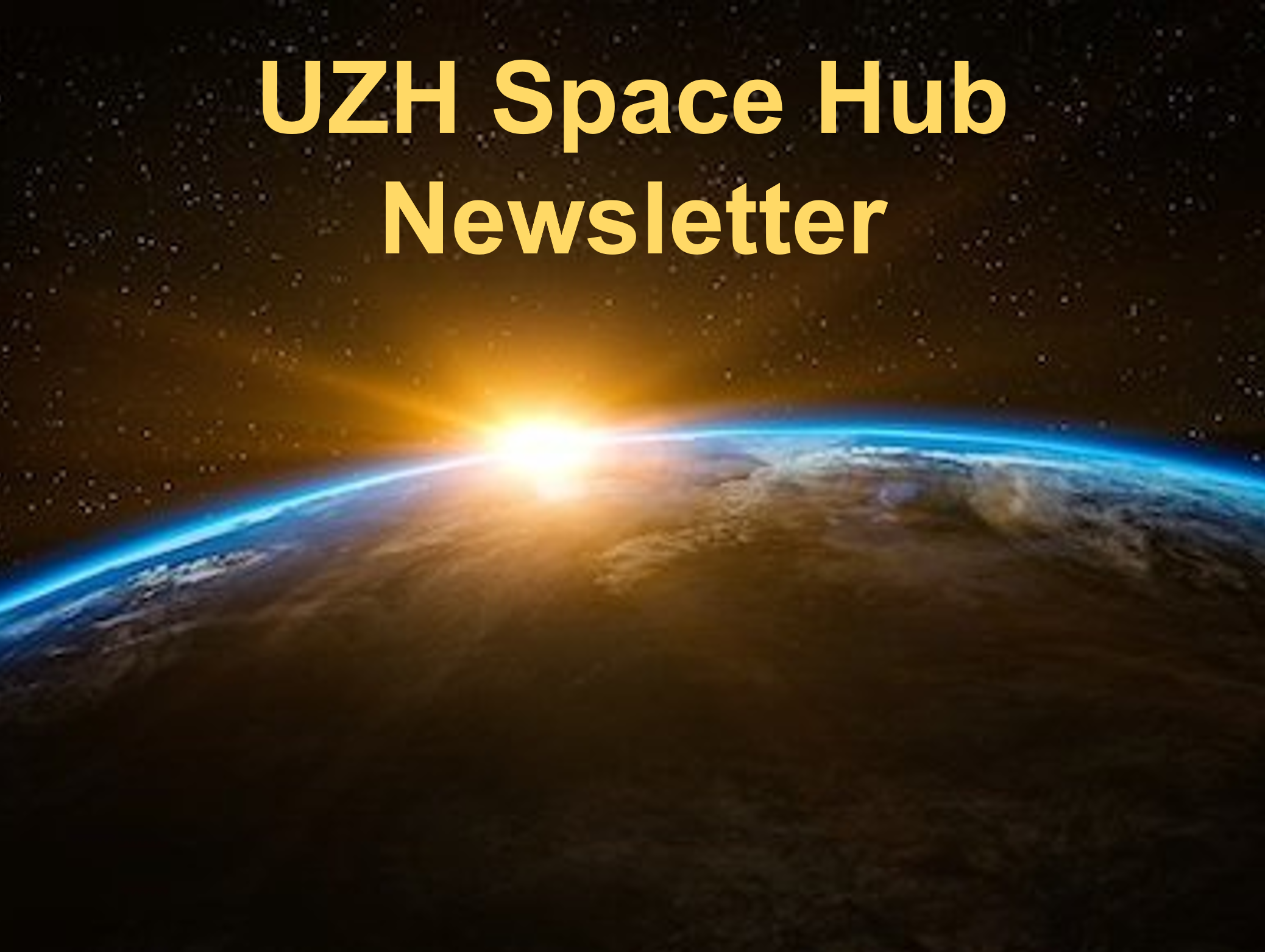
-
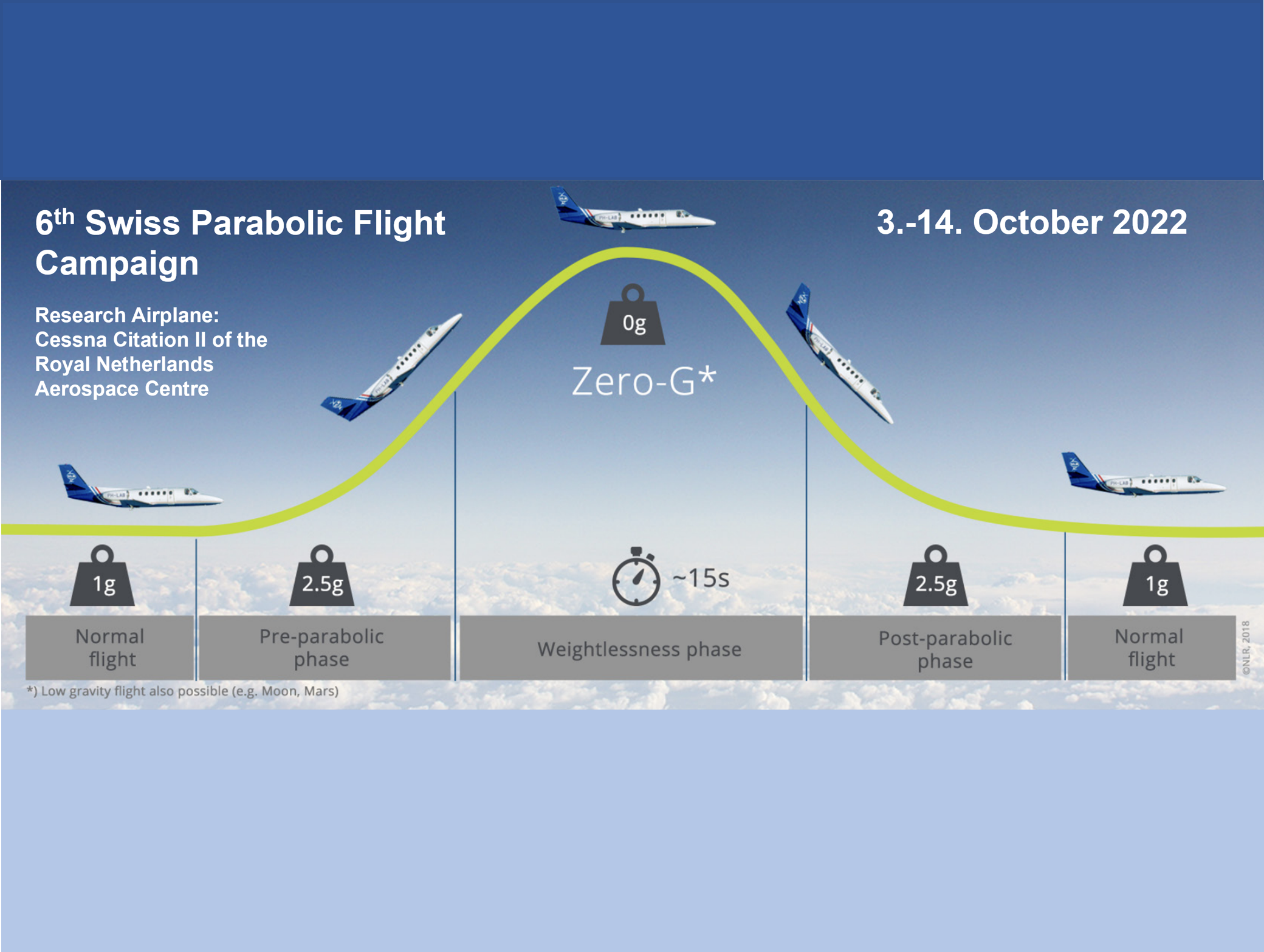
6th Swiss Parabolic Flight Campaign
From 3-14 October 2022, the 6th Swiss Parabolic Flight Campaign took place from Dübendorf Airfield, organized by the UZH Space Hub and the Swiss Skylab foundation.
-
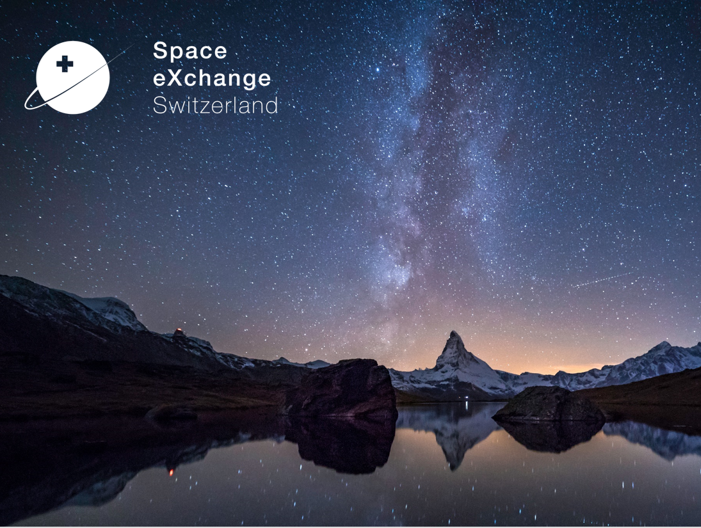
UZH meets ESA for space careers
Interested in a space career? Join our event on 30.9.22 at UZH, learn about career opportunities at ESA and connect with space experts.
-
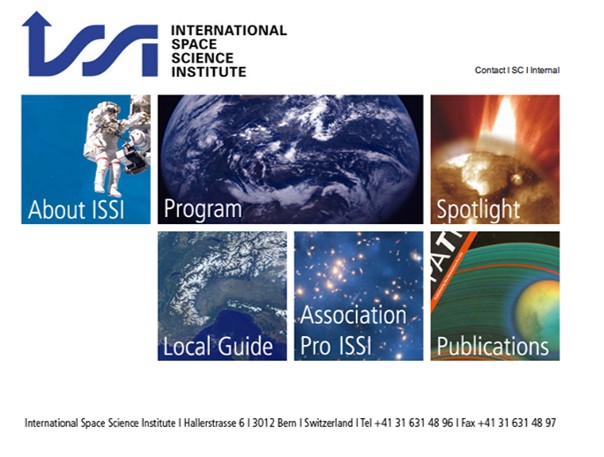
Special event "ISSI meets UZH Space Hub" on September 23rd
We are happy to announce that registration is open for our special event "ISSI meets the UZH Space Hub".
-
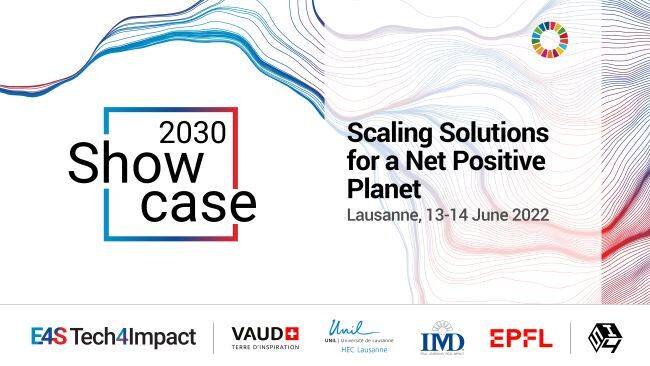
Space4Impact joins the Showcase 2030
The Tech4Impact Showcase 2030 is coming back for its third edition this June 13th – 14th and Space4Impact is joining the program with a half-day session on space.
-
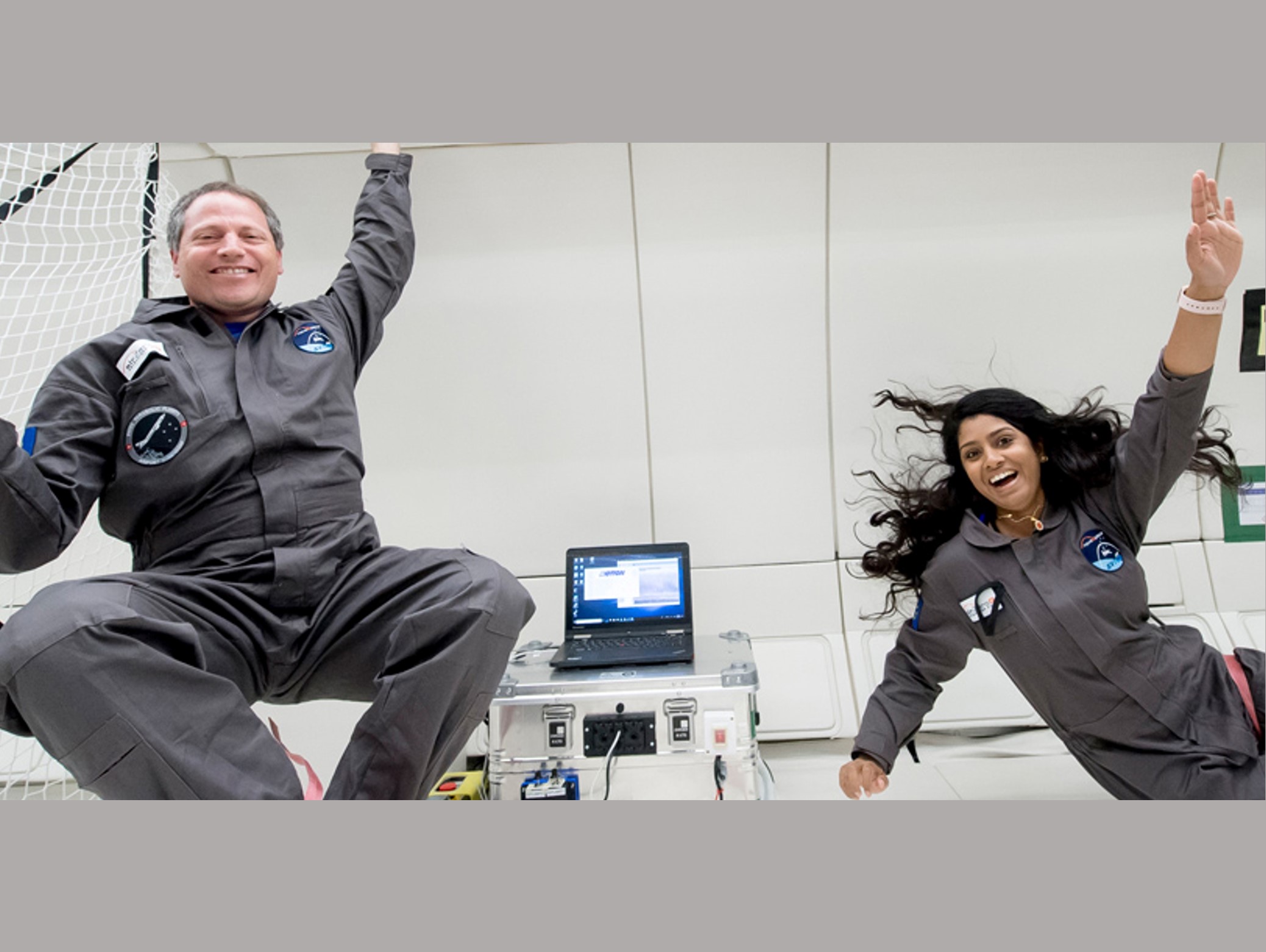
UZH is now member of the Universities Space Research Association (USRA)
The University of Zurich was elected as a new member of the Universities Space Research Association (USRA) by the current university members on March 25. This election was possible, as the UZH belongs to the worldwide leading institutions for research in the Space- and Aviation field.
-
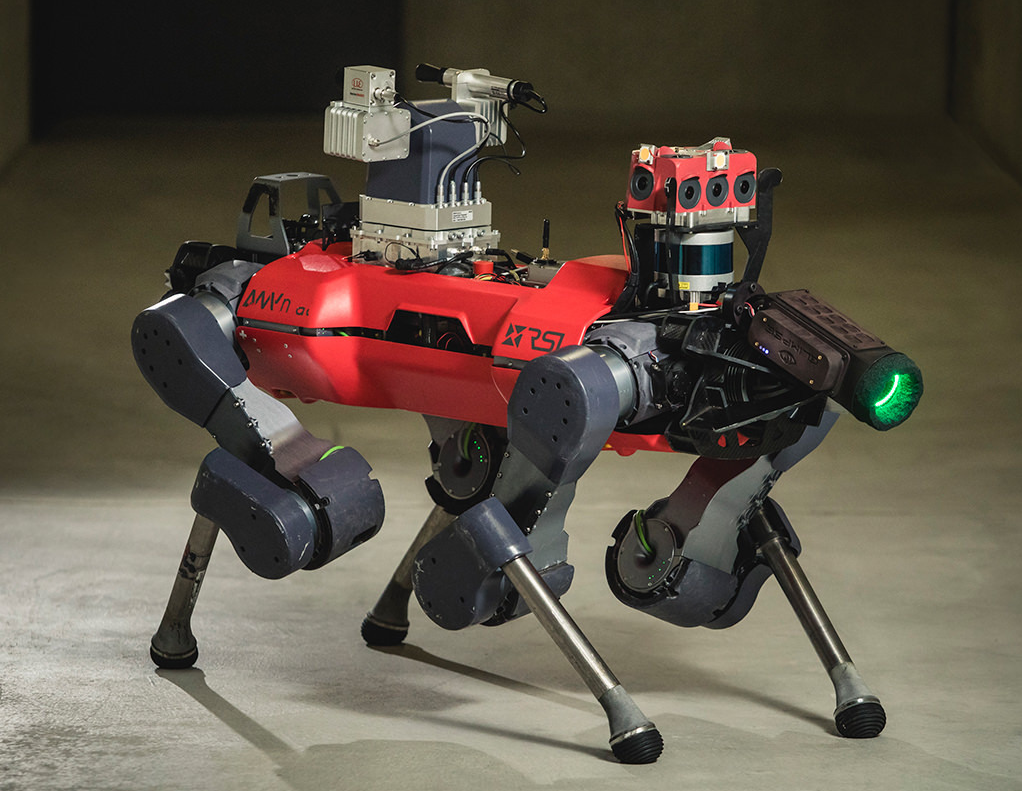
Robot from UZH and ETH takes first steps towards mission to the Moon
The robotic explorer GLIMPSE and its team, consisting of scientists and engineers from the University of Zurich, ETH and other industrial and academic partners, have reached the final round of the “Space resources challenge”.
-
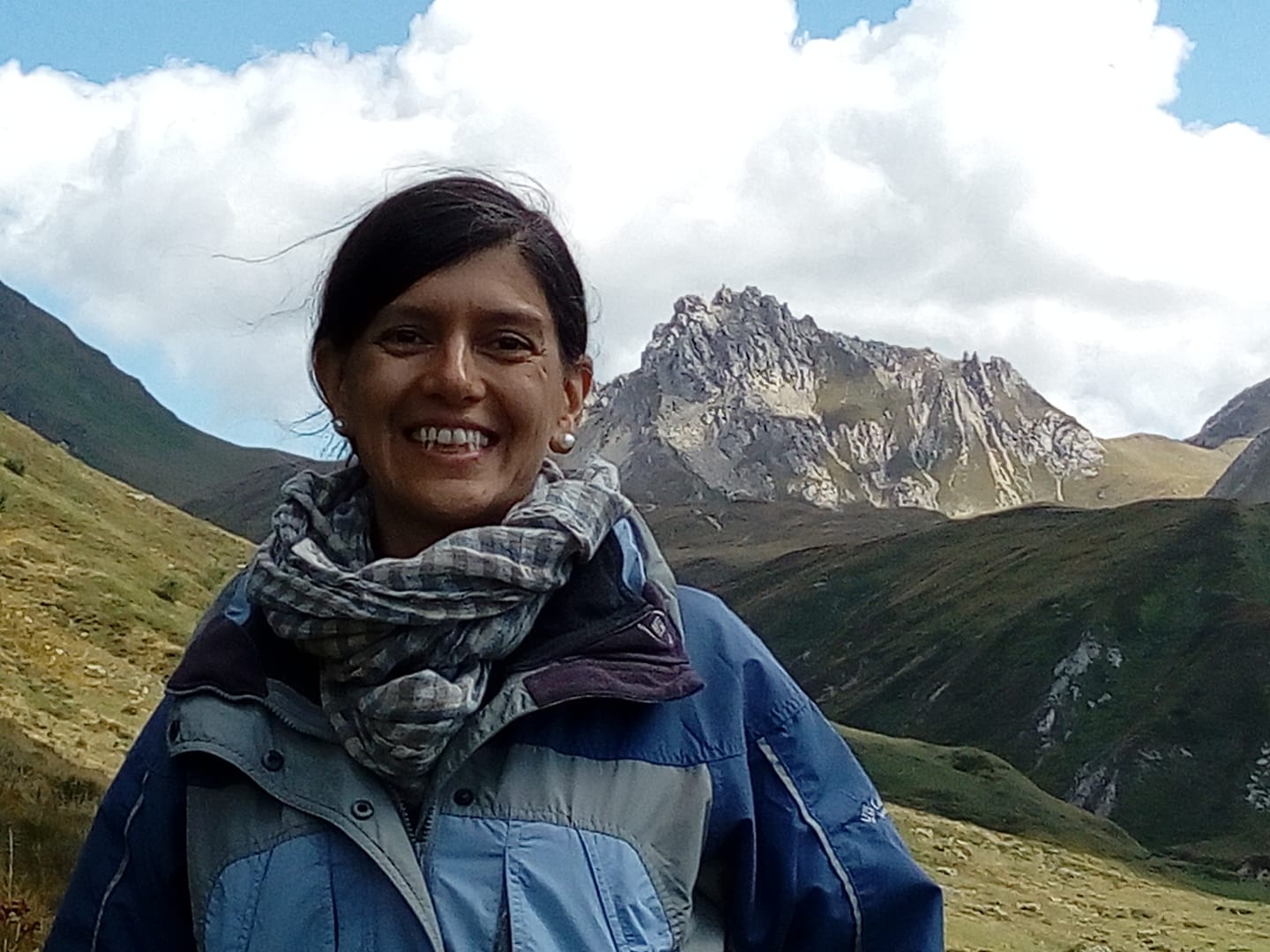
Meet a Space Scientist: Maria J. Santos
This month we have interviewed Maria Santos, professor in the Department of Geography at the University of Zurich. Her research focuses on Earth System Science.
-
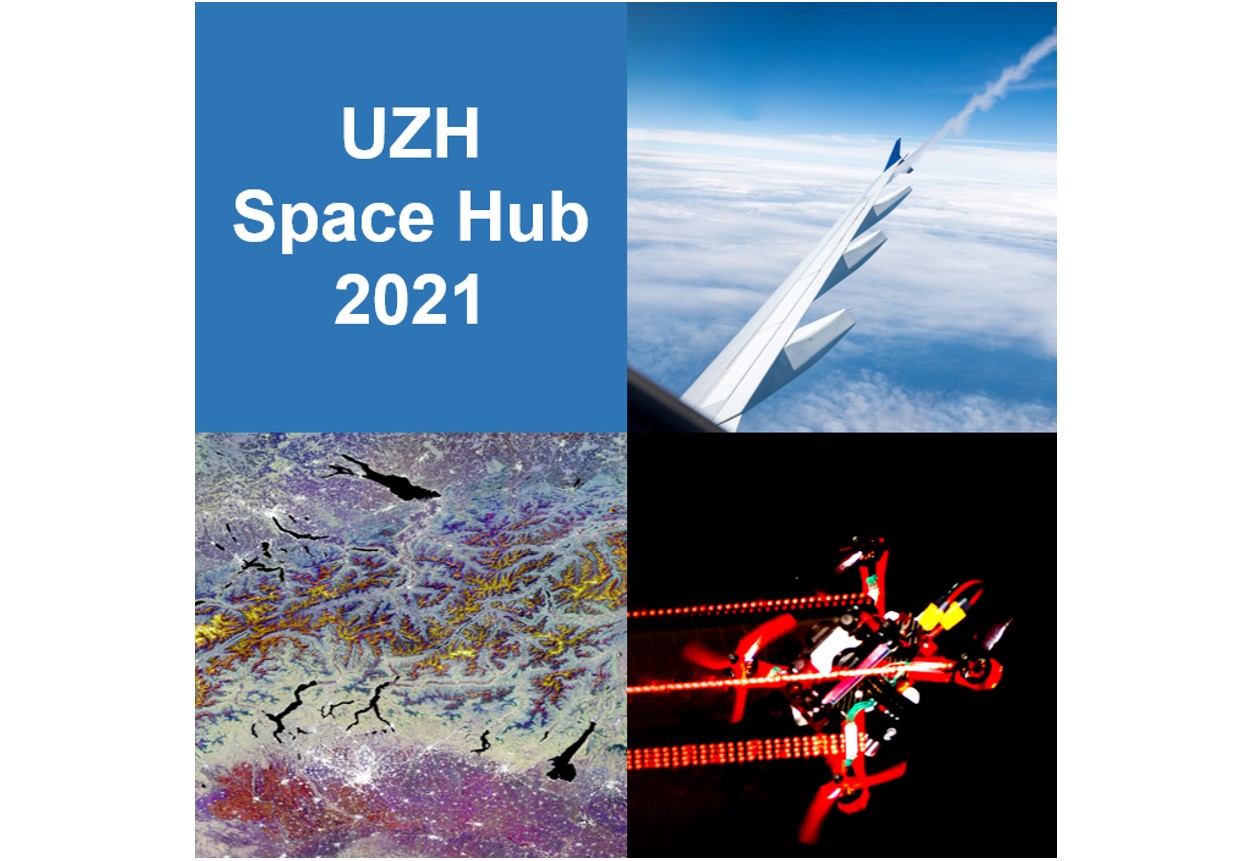
Successful research campaigns, increased international visibility and outreach
A brief review of UZH Space Hub in 2021: The year has been successful and active for the UZH Space Hub and its members, combined with a strong increase in international visibility: According to Space Tec Analytics, UZH Space Hub belongs to the 28 globally significant space hubs – which is impressive when considering that operations had started in 2018. Photos ©Regina Sablotny
-
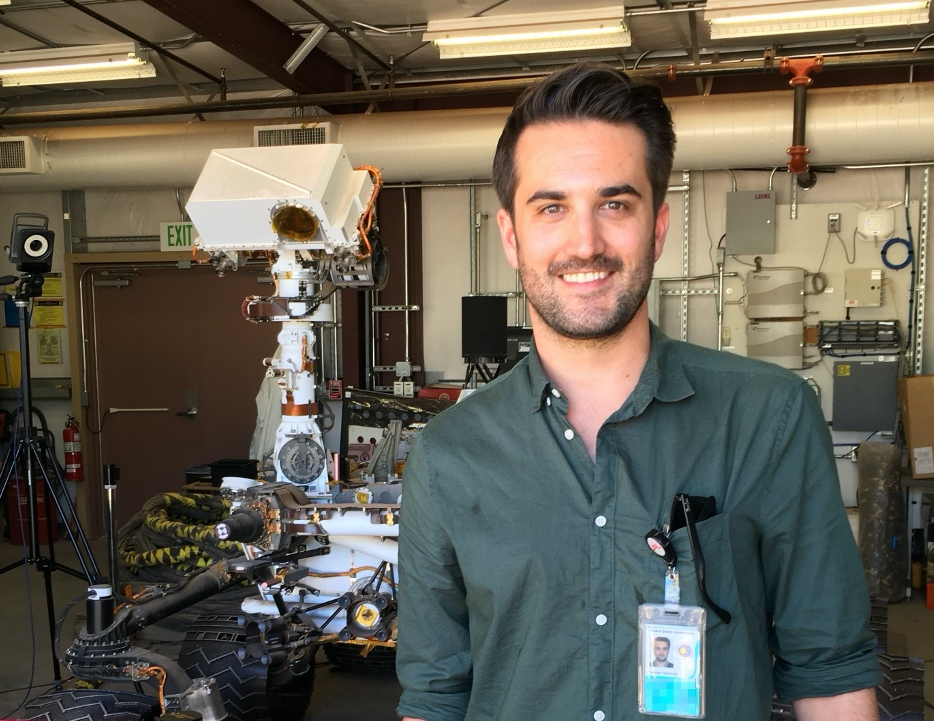
Meet a Space Scientist: Florian Kehl
This month we have interviewed Florian Kehl, senior scientist at the UZH Space Hub (in front of Mars Science Laboratory (Curiosity) engineering model at NASA JPL in this picture). His research focuses on instrument development for astrobiology and space biology missions, microgravity research, and in-situ resource utilization (ISRU).
-
Why a dialogue between Theology and Sciences in "Space Sustainability"
In this article, our UZH Space Hub Director, Prof. Oliver Ullrich, explains the need for a dialogue between Theology and Sciences.
-
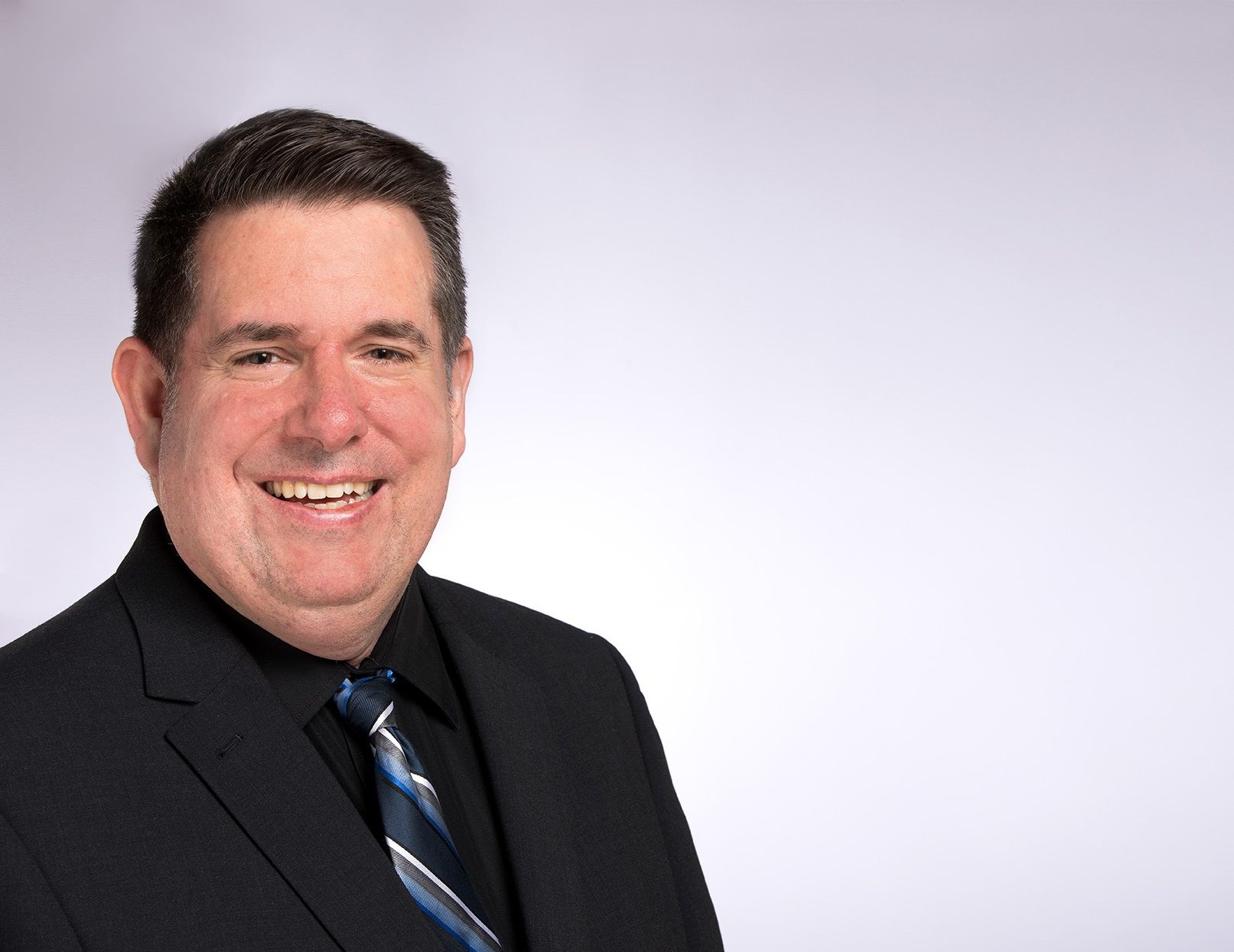
Meet a Space Scientist: Andreas Losch
This month we have interviewed Dr. Andreas Losch, Privatdozent at the faculty of Theology of the University of Zurich. In this interview, Andreas told us more about his research on Space and Planetary Sustainability.
-
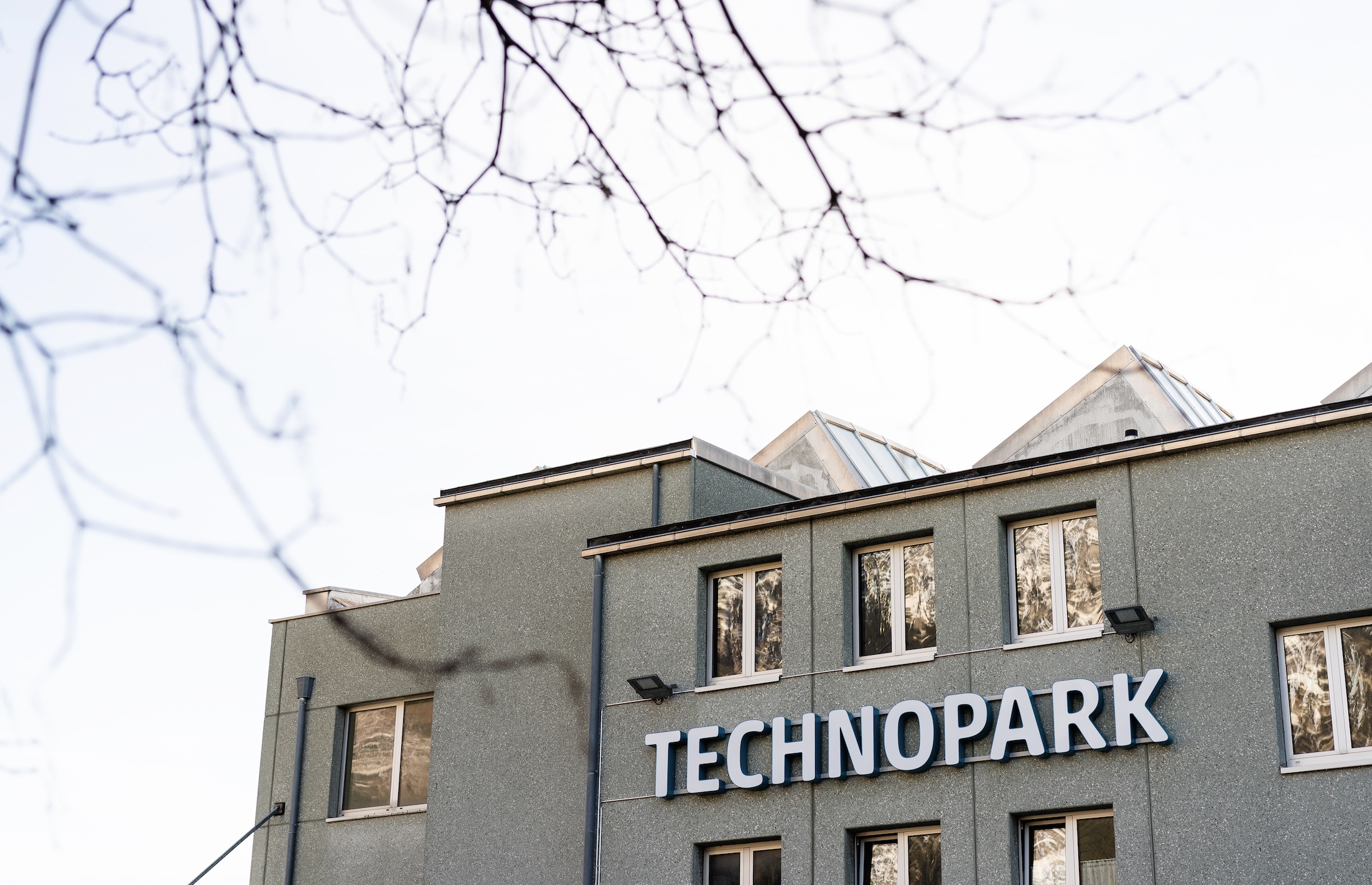
Technopark Liechtenstein - a new alliance of UZH Space Hub
With great pleasure, we welcome Technopark Liechtenstein as partner of the UZH Space Hub. Othmar Oehri, CEO Technopark Liechtenstein, and Oliver Ullrich, Director UZH Space Hub, are very much looking forward to this cooperation. Oliver emphasizes the enormous innovative power in Liechtenstein: "Liechtenstein is a broadly diversified industrial country. Almost half of the gross domestic product is generated by industry. Liechtenstein is also a hot spot of innovation. Measured as share of the gross domestic product, no country in the world invests more in research and development than Liechtenstein. The partnership with Technopark Liechtenstein enables mutual networking of our start-up communities, the establishment of new R&D collaborations, new interfaces from idea to development to distribution and marketing, and last but not least access to investors and opportunities for growth financing".
-
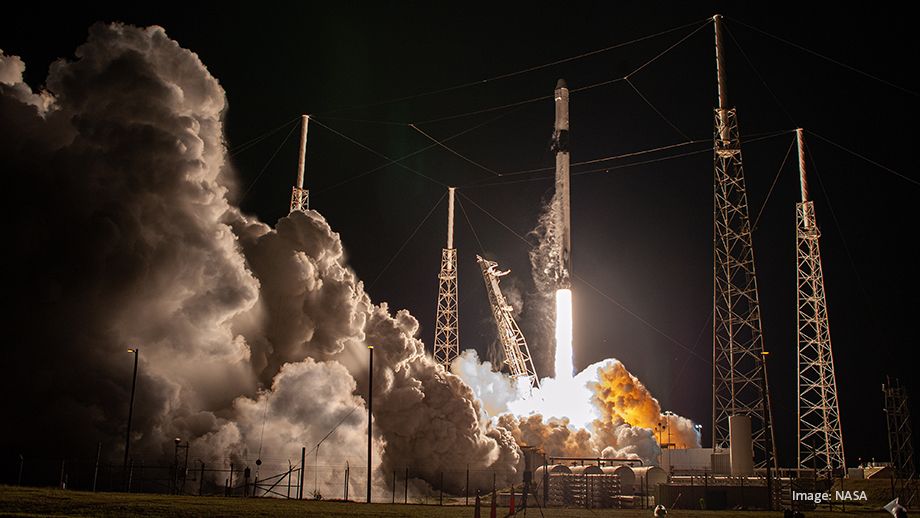
UZH and Airbus to Grow Tissue on the International Space Station ISS
For the second time, the UZH Space Hub and Airbus are sending adult human stem cells to the International Space Station ISS. The goal of this innovative project is to develop the industrial production of miniature tissues in space for terrestrial use in research and medicine. First tests in 2020 had proven, that the production of tissue in Space is working not only in theory, but in practice. Read more in the UZH press release
-
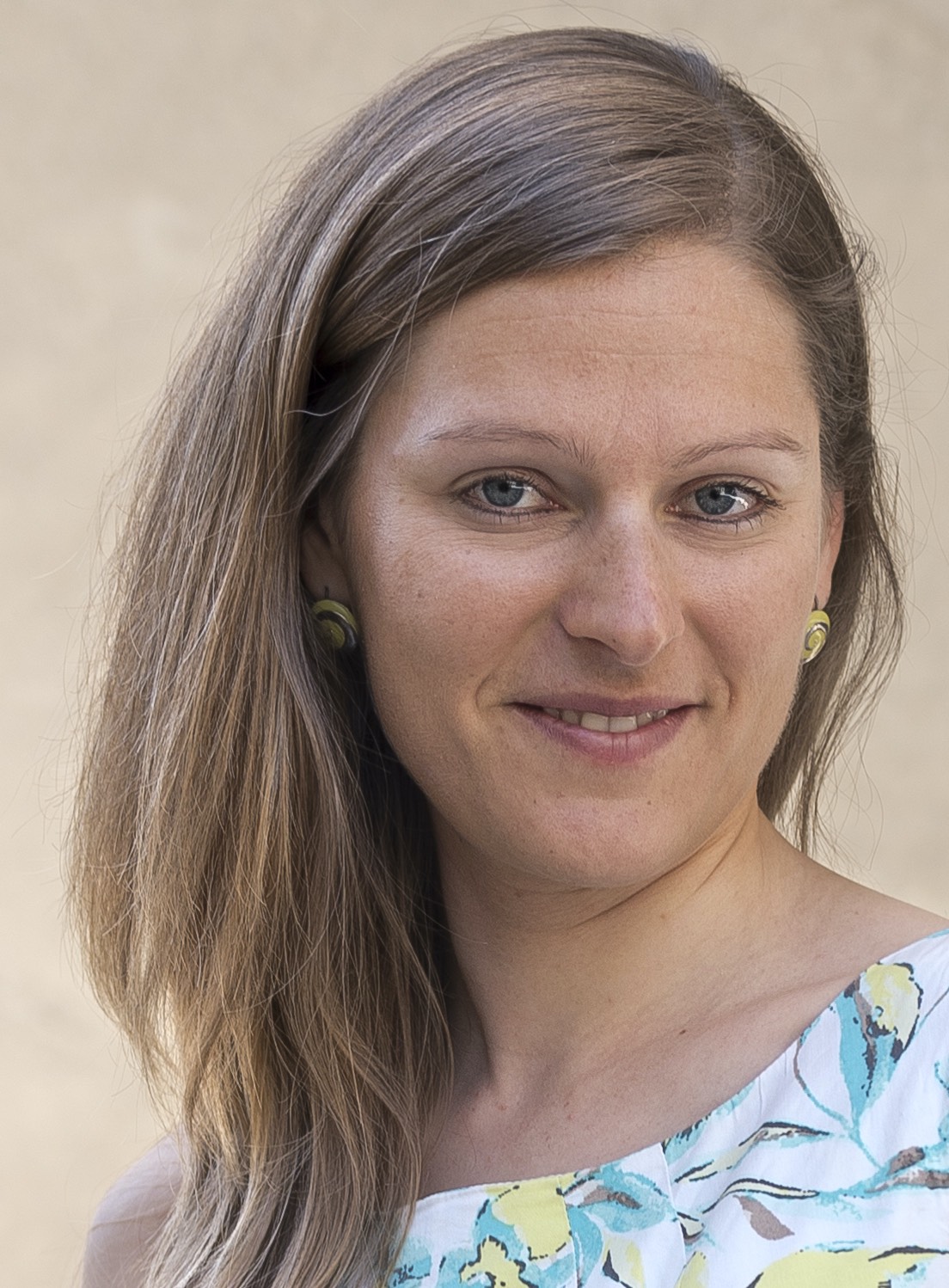
Meet a Space Scientist: Claudia Röösli
This month we have interviewed Claudia Röösli, group leader at the Remote Sensing Laboratories and head of NPOC for satellite data. At the UZH Space Hub, she is the expert for Earth Observations and Remote Sensing. In this interview, she told us more about her research on biodiversity.
-
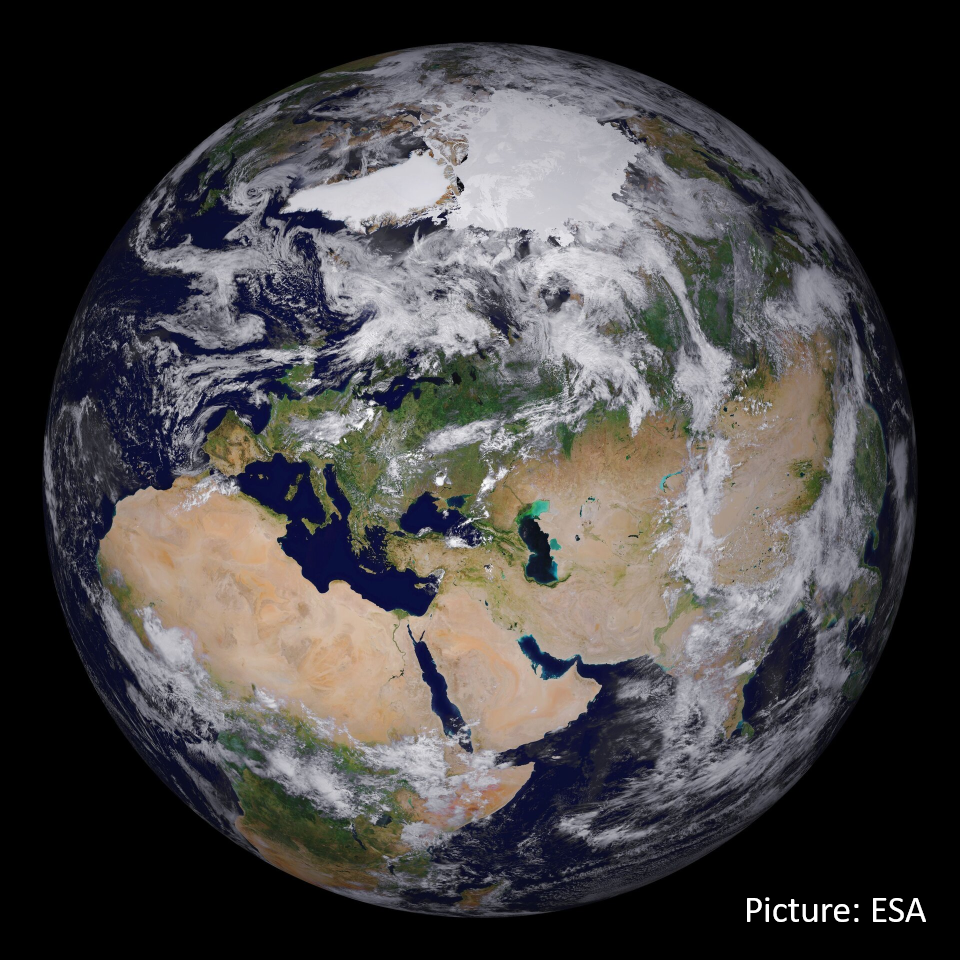
-
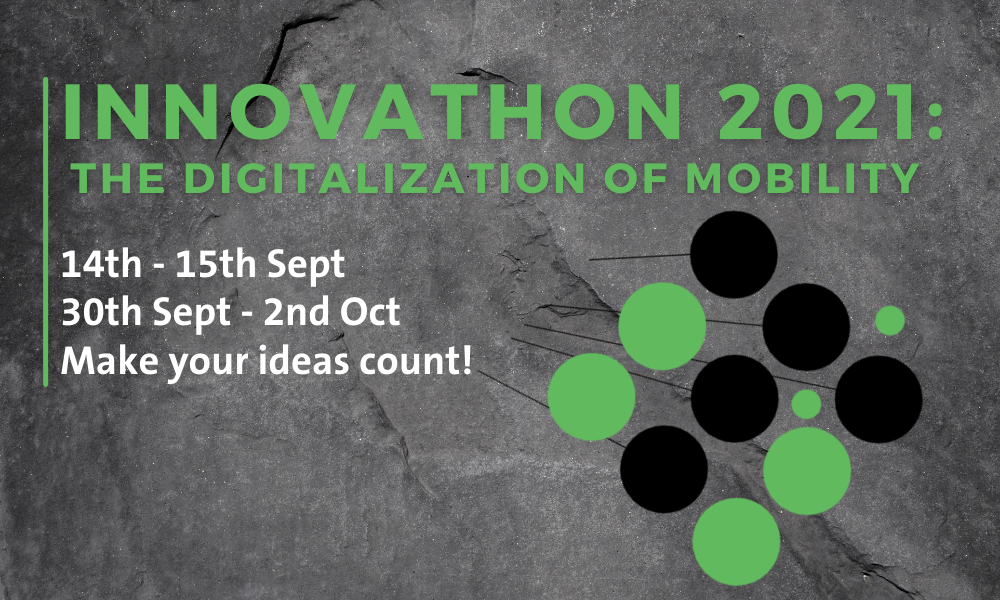
INNOVATHON 2021
The UZH Innovation Hub invites students, researchers and corporate experts to engage in the brand new course at the University of Zurich Innovathon 2021: Digitalization of mobility.
-
-
-
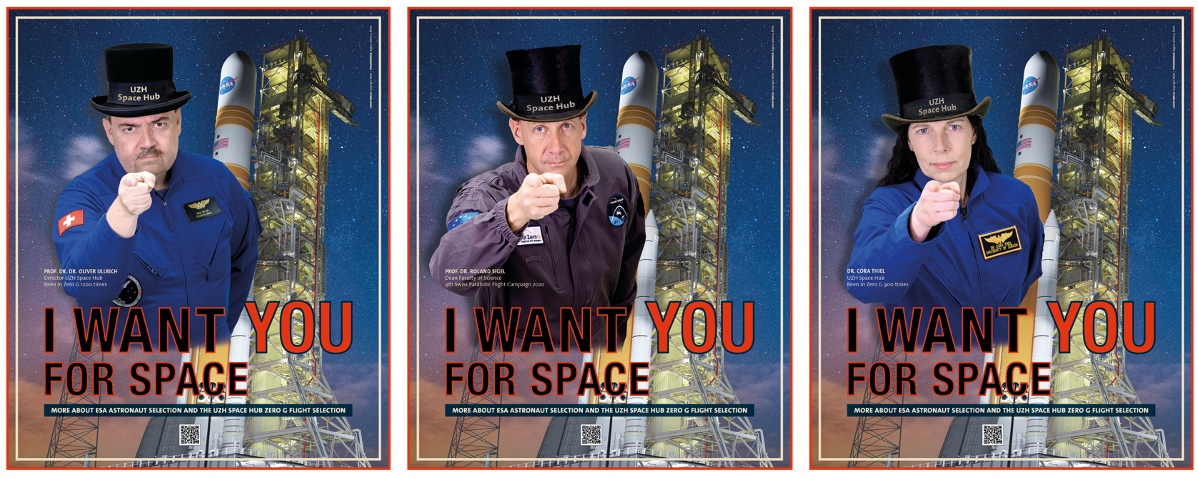
We want you! Apply as ESA Astronaut and qualify for a Zero G Flight with the UZH Space Hub
-
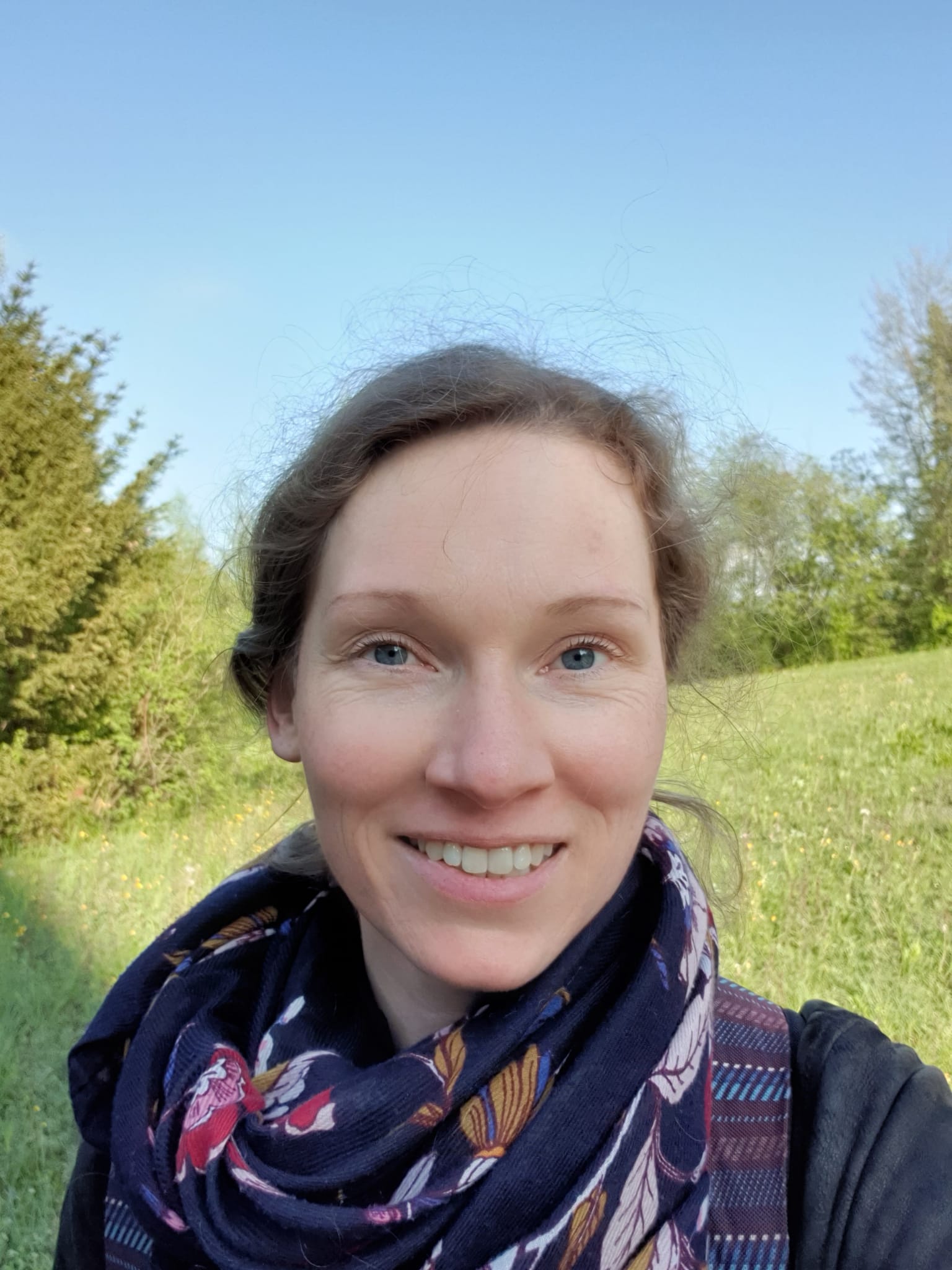
Meet a Space Scientist: Svantje Tauber
This month we have interviewed Svantje Tauber, biologist and research associate in the group Cell Biology - Gravitational Biology and Biomechanics of Prof. Oliver Ullrich at the Institute of Anatomy, and Expert for Space Life Science at the UZH Space Hub. In this interview, she told us more about her research.
-
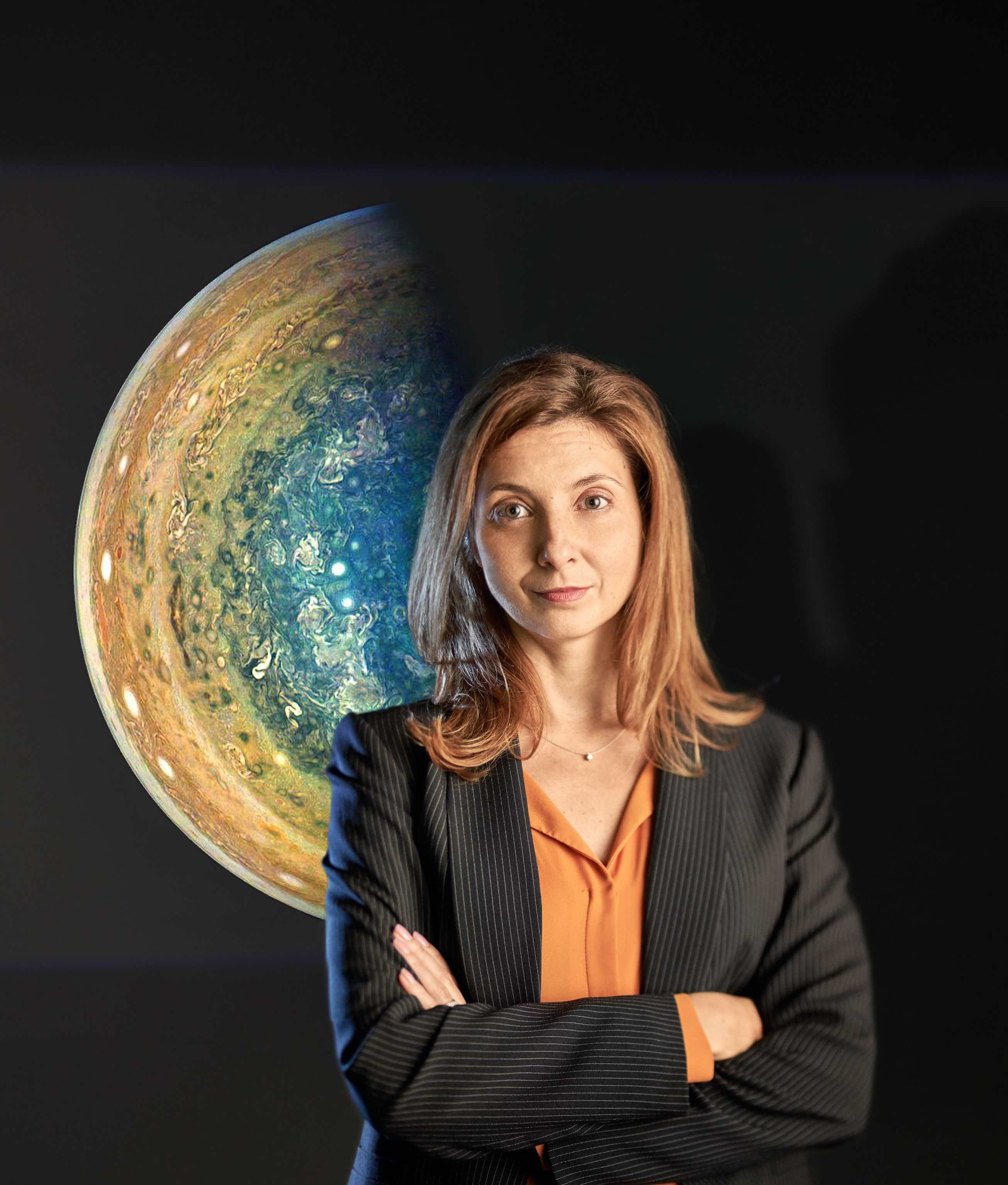
Meet a Space Scientist: Ravit Helled
This month we have interviewed Ravit Helled, Professor of Theoretical Astrophysics at the Institute for Computational Science of the University of Zurich. In this interview, she told us more about her research on planet formation and evolution structure, and her passion for Space.
-
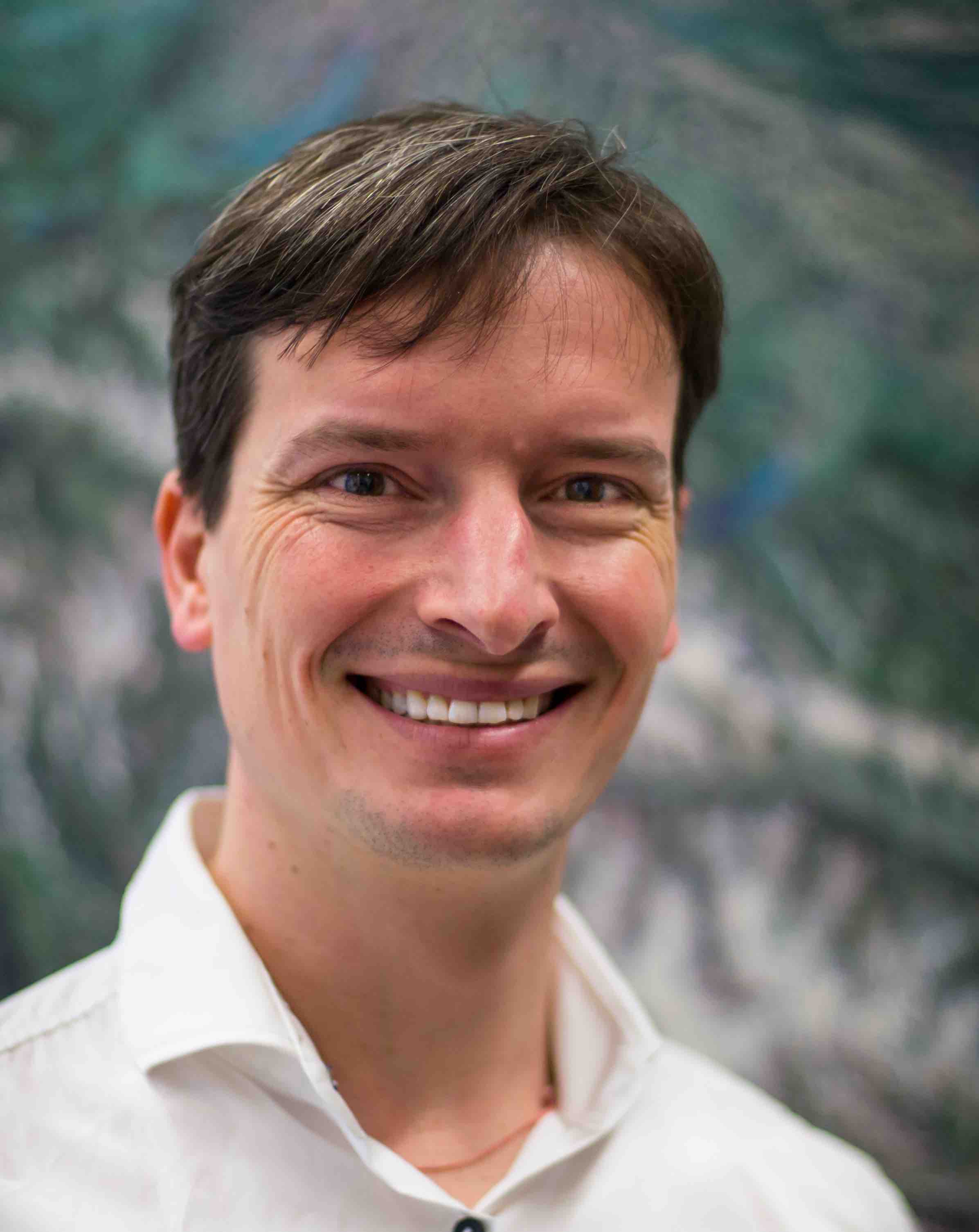
Meet a Space Scientist: Reik Leiterer
This month we have interviewed Reik Leiterer, CEO and co-founder of ExoLabs, a spin-off of the Remote Sensing Laboratories (RSL) of the University of Zurich. The goal? To provide tailored software solutions, data products and scientific know-how based on geospatial and remote sensing data to support the private and public sector in gaining insights and efficiency at reduced costs.
-
Open Positions in Thermal Remote Sensing
Applications for one senior researcher position and two PhD positions in thermal remote sensing of aquatic and terrestrial ecosystems are invited.
-
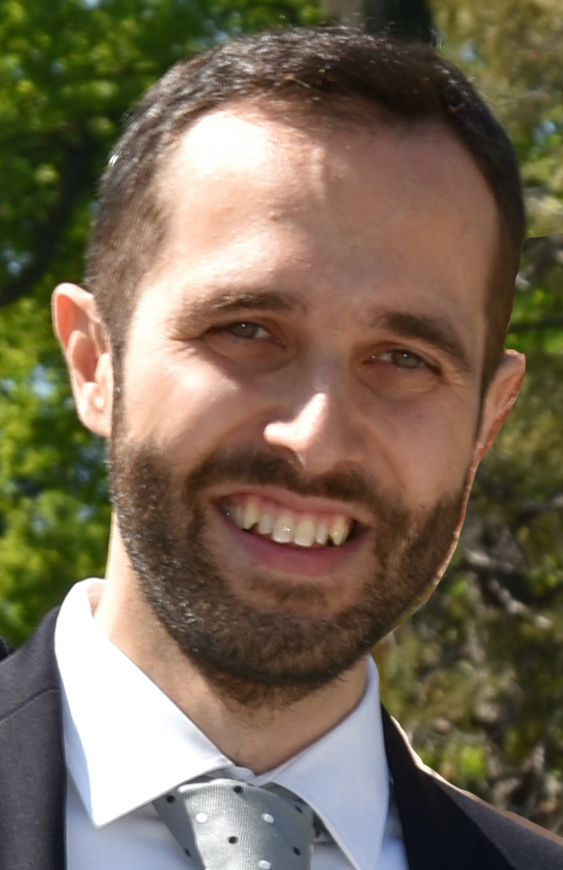
Meet a Space Scientist: Giovanni Bertolini
This month we have interviewed Giovanni Bertolini, group leader of the Swiss Space Travel and AiR Sickness (SSTARS) group at the Department of Neurology, University of Zurich. His research focuses on the mechanism of habituation and learning of self-motion perception in novel motion environments.
-
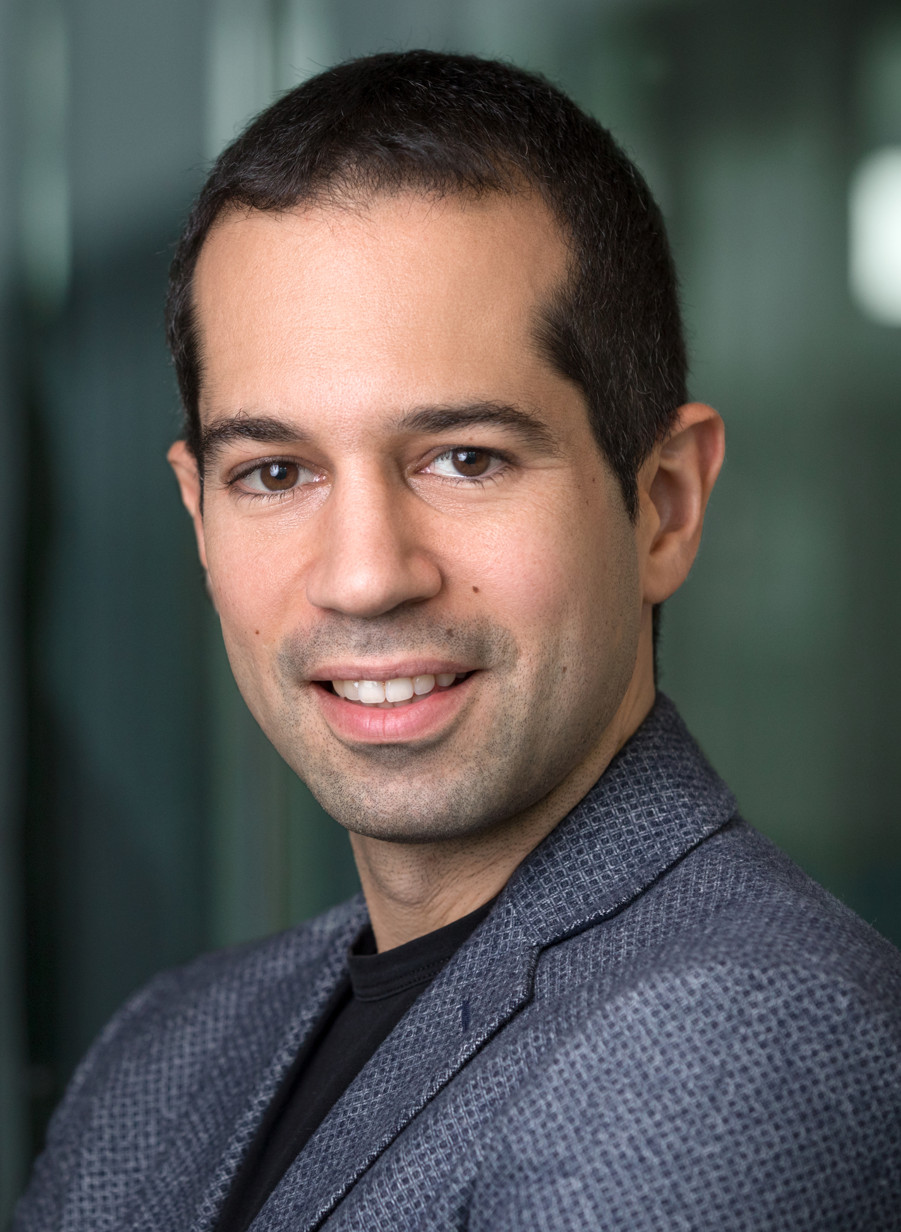
Autonomous navigation of drones for search-and-rescue applications
Our UZH Space Hub member, Davide Scaramuzza is a Professor of Robotics and Perception at both departments of Informatics (University of Zurich) and Neuroinformatics (joint between the University of Zurich and ETH Zurich), where he directs the Robotics and Perception Group. He recently conducted flight experiments in the Dübendorf airfield.
-
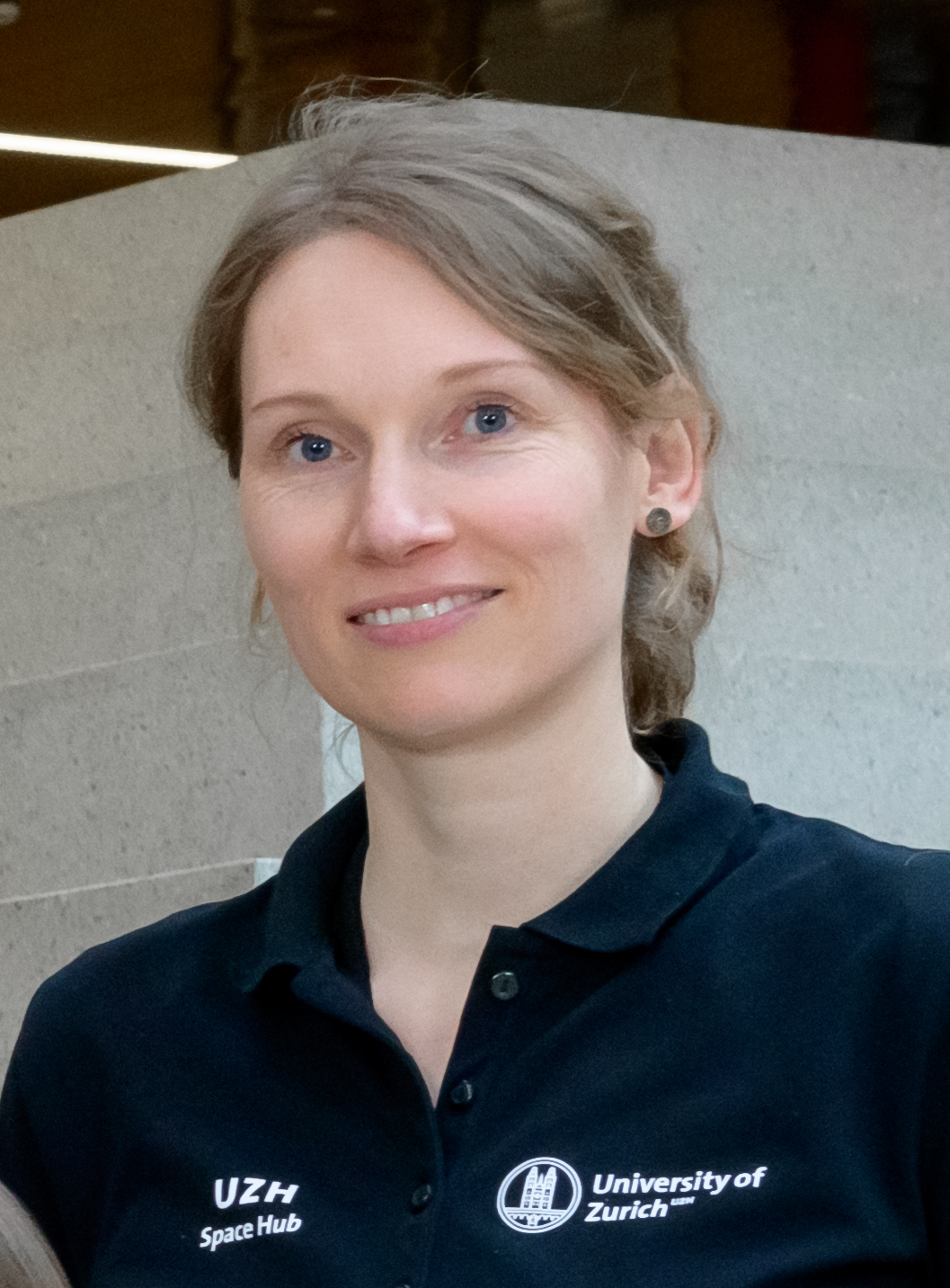
Covid Test Center in Dübendorf: a unique glimpse behind the scenes
The UZH Space Hub, together with the Air Force Center, is supporting the Corona Drive-in-Test Center, that was newly built and operated at the Dübendorf airfield by the University Hospital Balgrist, following a request of the Department of Health of the canton Zurich. Our UZH Space Hub colleague, Dr. Svantje Tauber, is currently working there and gave us a special point of view in this interview.
-
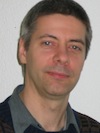
Meet a Space Scientist: Prof. Johannes Vogel
This month we have interviewed Johannes Vogel, Johannes Vogel, professor and senior group leader at the Institute of Veterinary Physiology, University of Zurich. His research focuses on the cellular response to hypoxia.
-

-
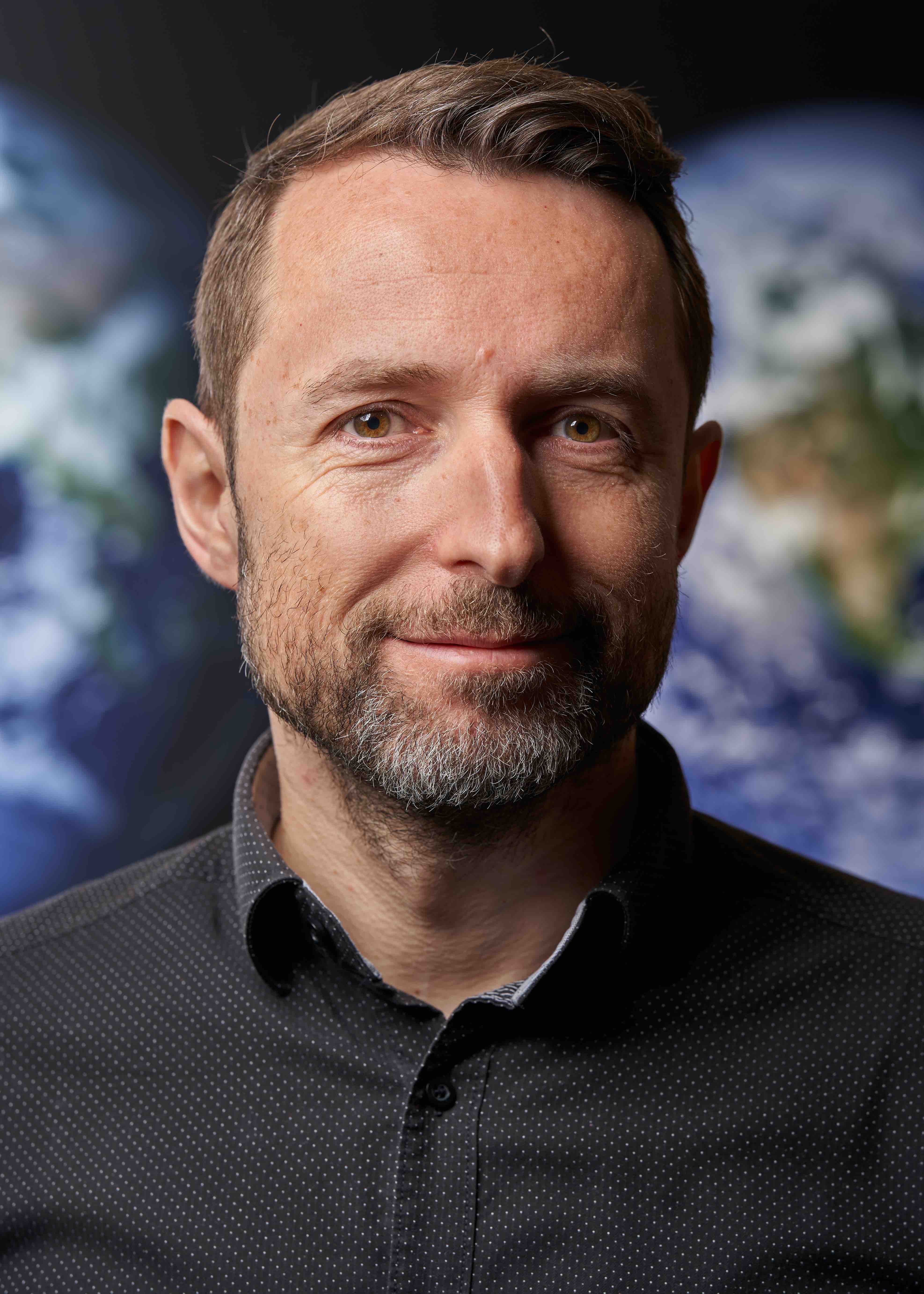
Meeting a Space Scientist: Prof. Alexander Damm
This month we have interviewed Alexander Damm, professor at the Remote Sensing Laboratories of the University of Zurich. His research focuses on applications of remote sensing techniques to study water systems on our own planet. Would you like to know more? Then, read the full interview.
-
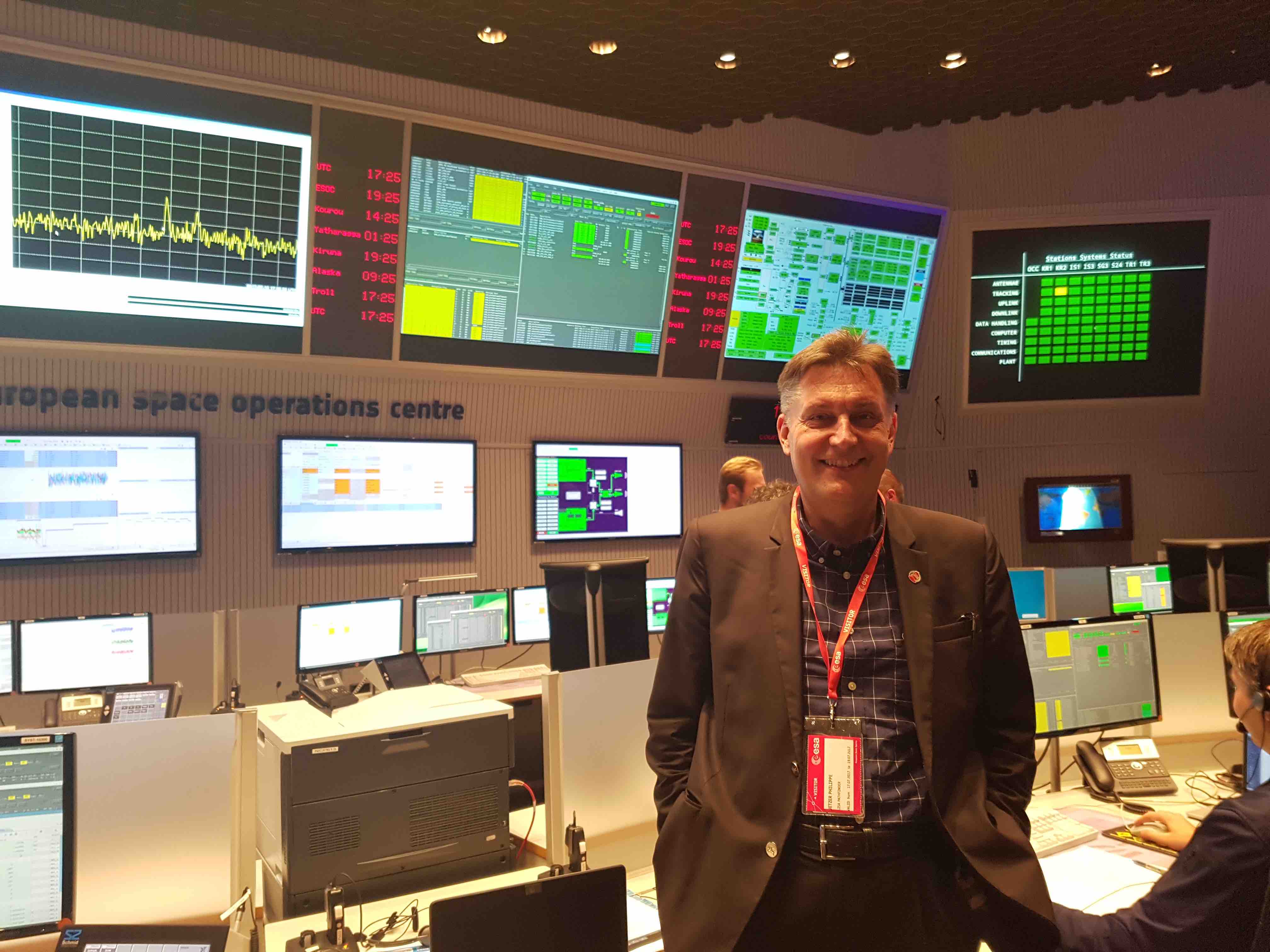
Meet a Space Scientist: Prof. Philippe Jetzer
This month we have interviewed Philippe Jetzer, professor at the Physics Institute of the University of Zurich. His research focuses on a very hot topic nowadays, the detection of gravitational waves! Would you like to know more? Then read the full interview.
-
-
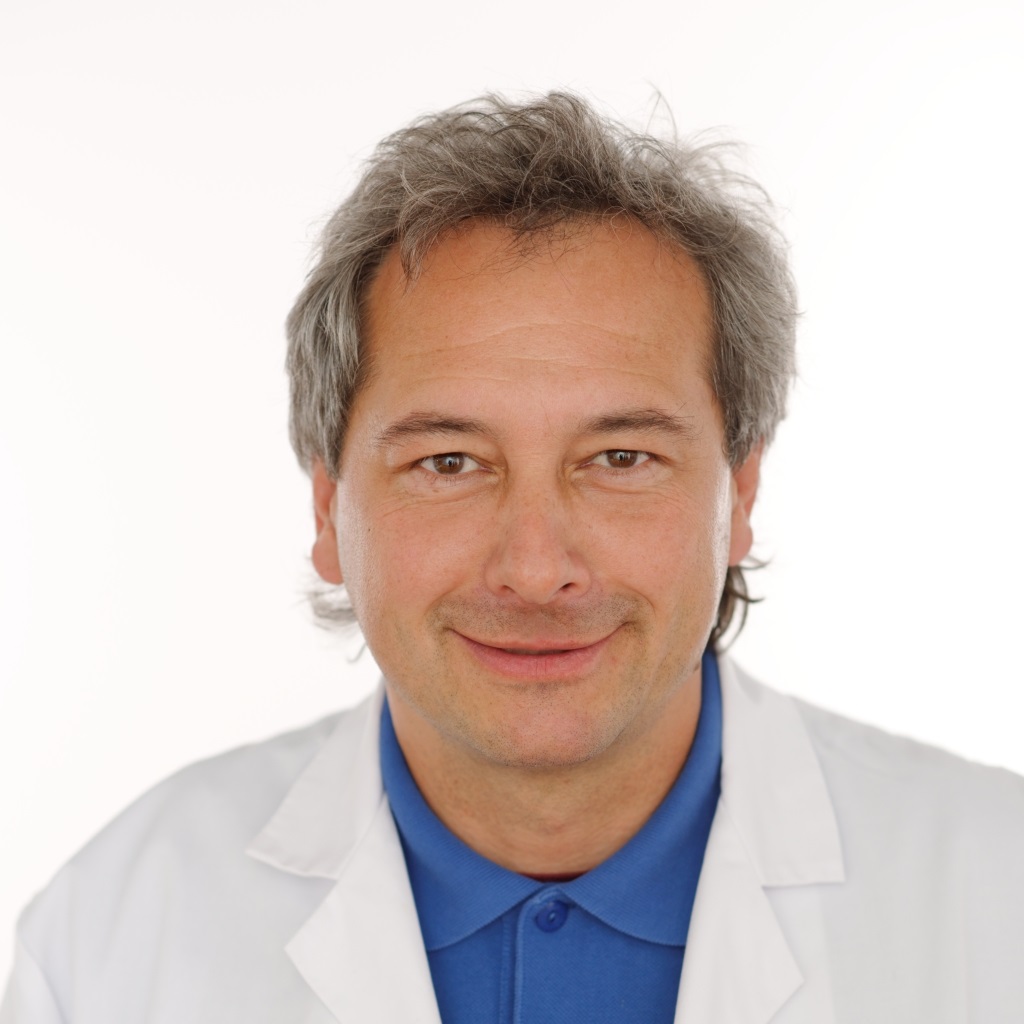
Meet a Space Scientist: Prof. Dr. Uwe Schneider
This month we have interviewed Uwe Schneider, professor in the Medical Physics and Radiation Research at the University of Zurich. His research focuses on Space Radiation, an interdisciplinary science that includes the examination of biological effects of radiation on organisms. Want to know more? Read further!
-
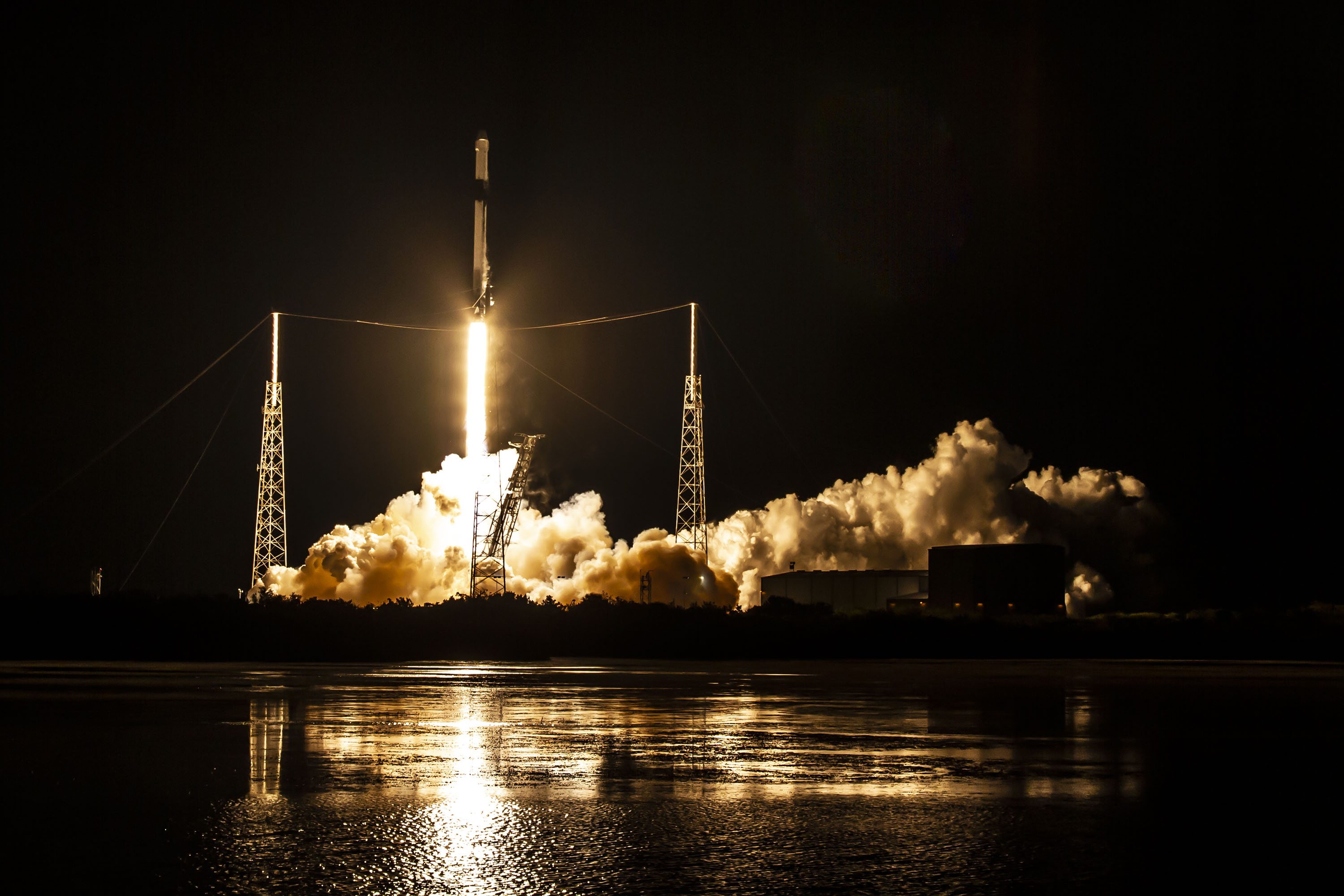
Producing Human Tissue in Space
The University of Zurich has sent adult human stem cells to the International Space Station. With this innovative concept Prof. Oliver Ullrich and Dr. Cora Thiel from the UZH Space Hub will explore the production of human tissue in weightlessness. Weightlessness as a tool is being used, because physical forces such as gravity influence how stem cells differentiate and how the formation and regeneration of tissue is organized.
The experiment will be conducted together with Airbus Defence and Space in a mobile mini-laboratory, the CubeLab module of the US company Space Tango. This approach could be of benefit for transplantation medicine and precision medicine and as an alternative to animal experiments.
Read more here: https://www.media.uzh.ch/en/Press-Releases/2020/UZH-Space-Hub.html
-
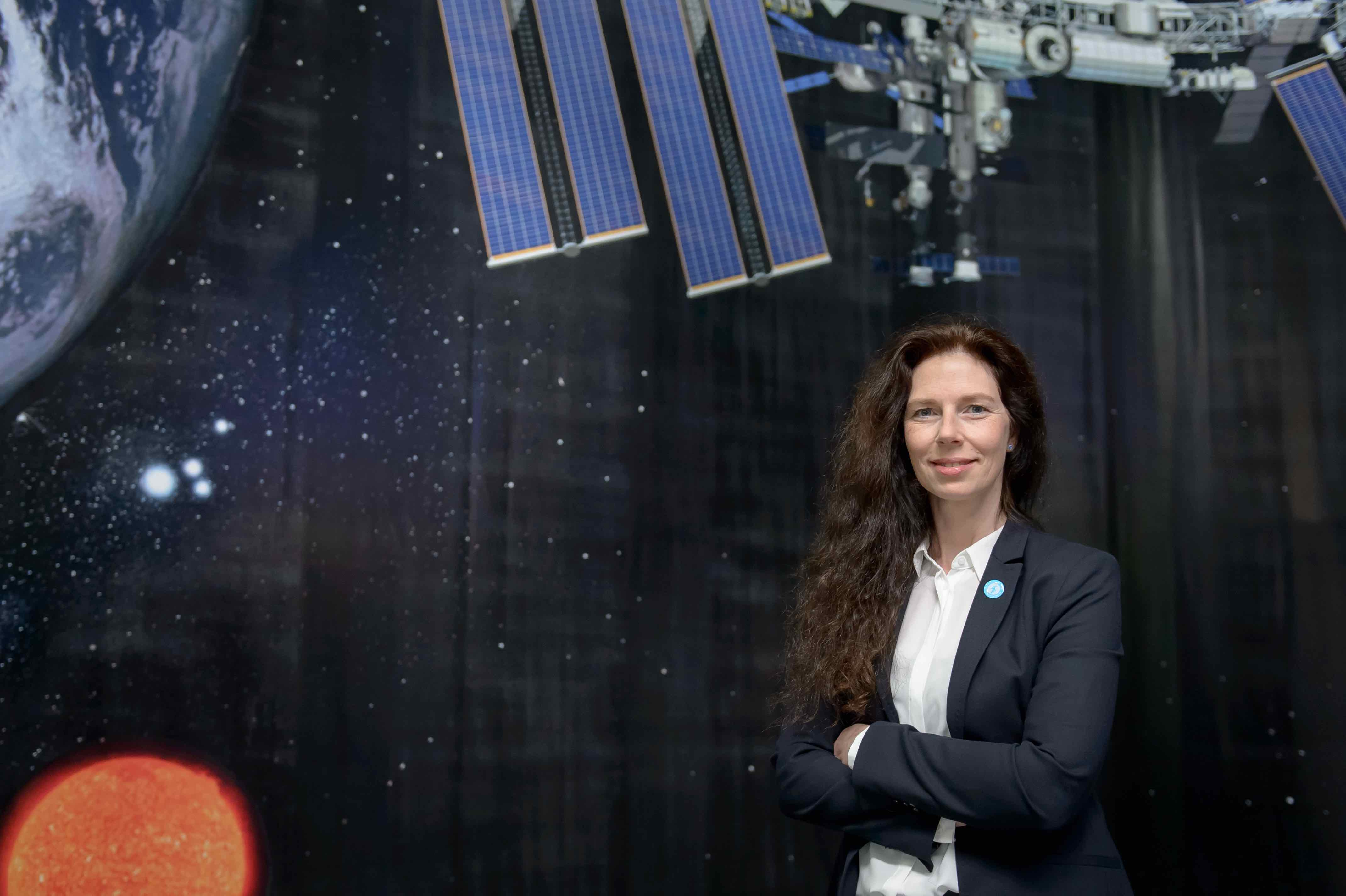
Meet a Space Scientist: Dr. Cora Thiel
This month we have interviewed Dr. Cora Thiel, Research Group Leader at the Institute of Anatomy, University of Zurich. Her research focuses on the impact of Earth’s gravity on chromatin structure and gene expression regulation in cells of the immune system. She was a member of the 4th Swiss Parabolic Flight Campaign crew, curious? Read the full interview!
-
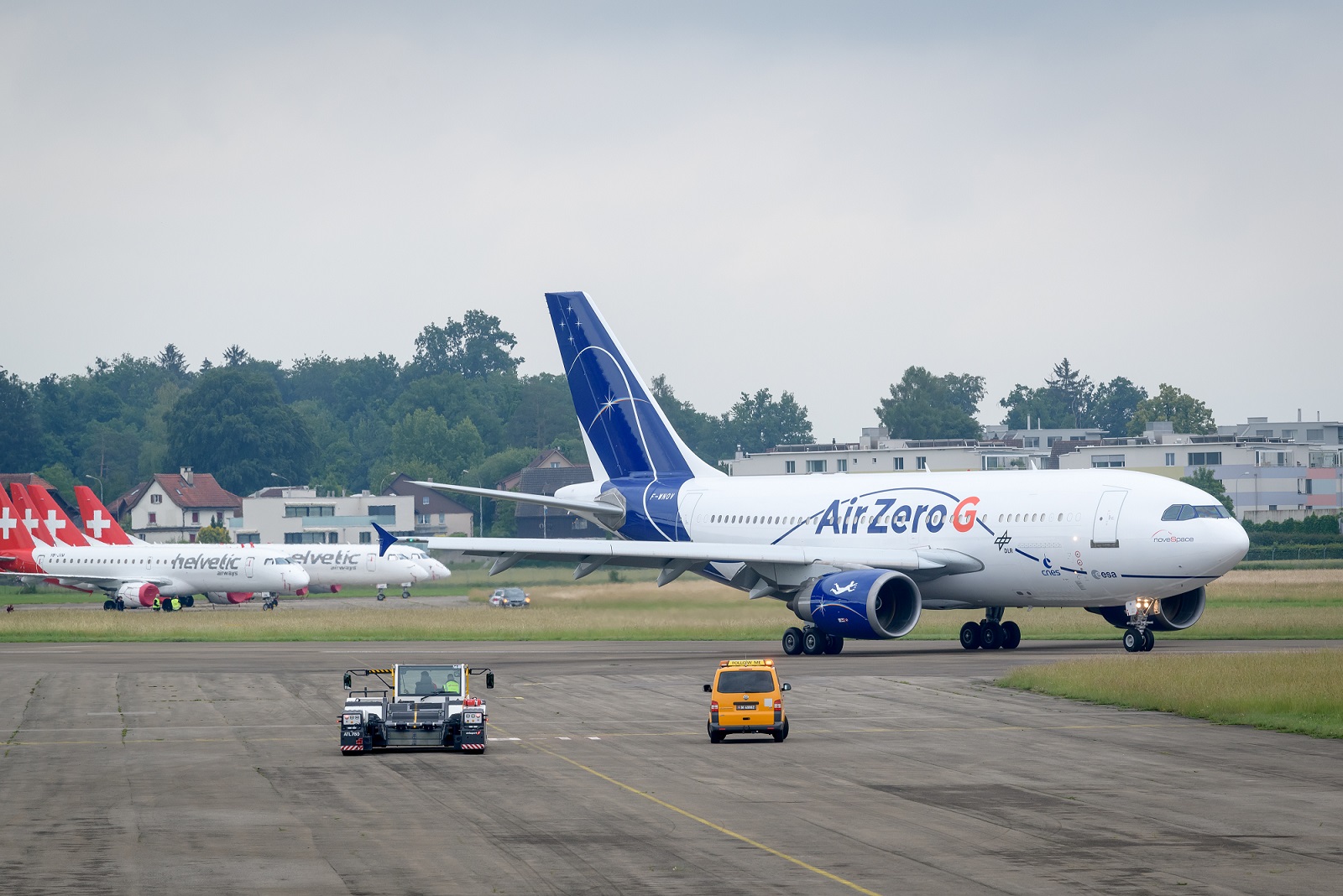
4th Swiss Parabolic Flight Campaign
Early this morning a zero-G aircraft left Dübendorf Airport bringing 8 scientific experiments in different gravity conditions. This is the 4th Swiss Parabolic Flight Campaign and was organised by the UZH Space Hub together with the Swiss Skylab Foundation.
-
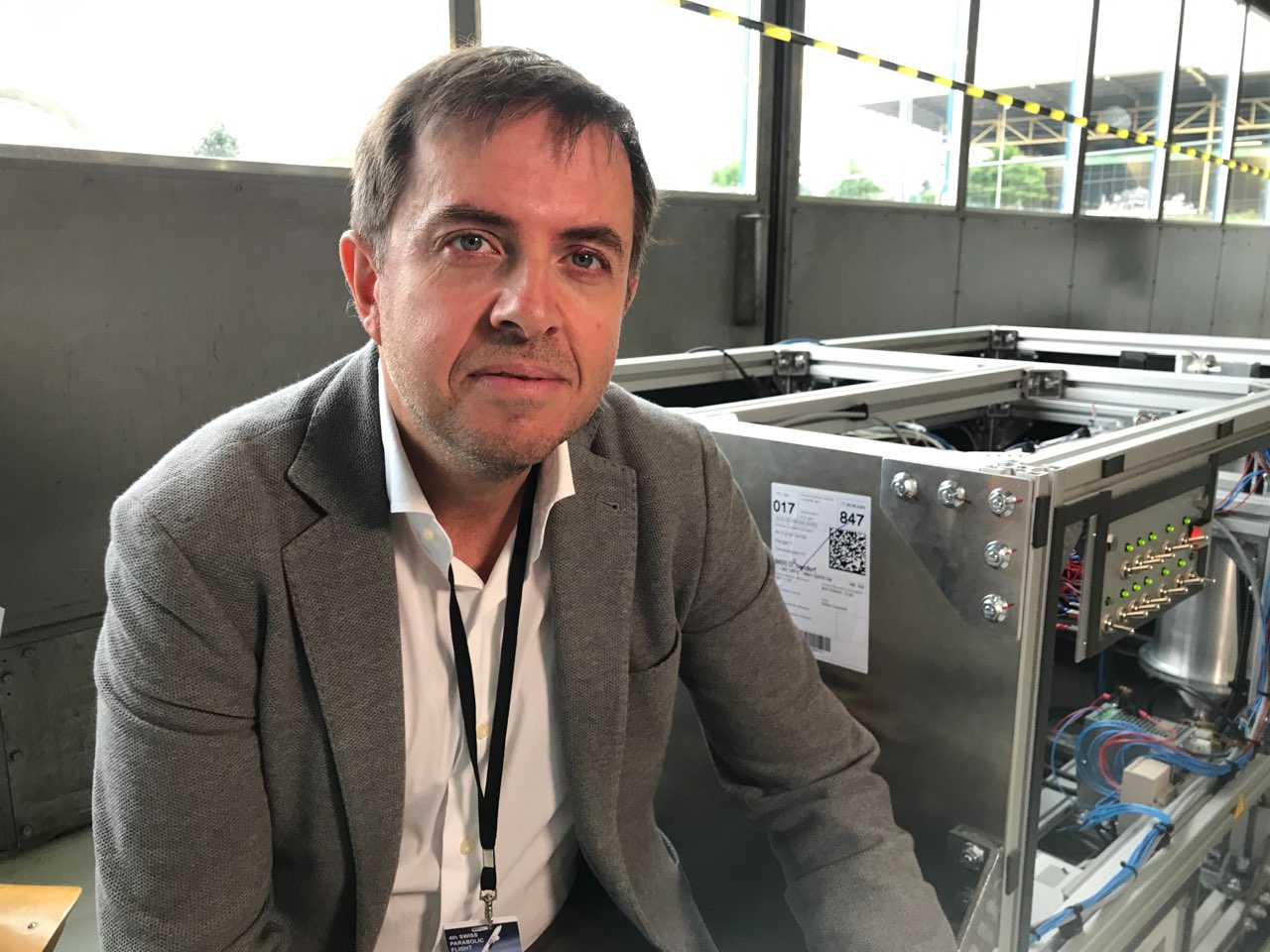
Meet a Space Scientist: Prof. Dr. Lucio Mayer
This month we have interviewed Lucio Mayer, here on the left, professor at the Institute for Computational Science and Center for Theoretical Astrophysics and Cosmology at the University of Zurich. Want to know more? Read the full interview!
-
Meet the UZH Space Hub R&D and Operations Team
The Space Hub does not stop, we just moved to digital! Are you wondering who is we? Then, let us introduce you the Research, Development and Operations Team, together in this picture taken during our last Skype meeting while working for you from home. With our various background, we support the UZH Space Hub community, take care of our events and distribute relevant information. Would you like to know more? Read below!
-
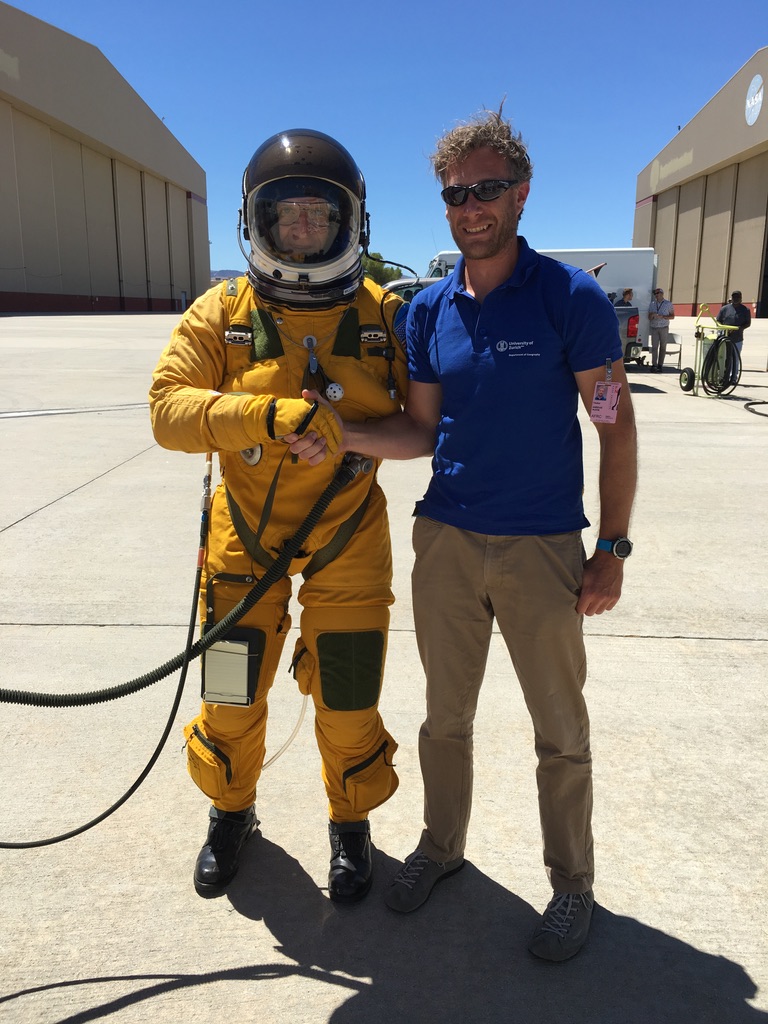
Meet a Space Scientist: Dr. Andreas Hueni
This month we have interviewed Dr. Andreas Hueni, shown on the right side of this picture, taken at the NASA Armstrong Research Flight Facility in Palmdale, CA, with one of the pilots of the ER-2 research aircraft, shortly before take-off. Andy is an academic associate with the Remote Sensing Laboratories at the University of Zurich, responsible for APEX (Airborne Prism Experiment) sensor and data calibration, campaign manager for APEX and AVIRIS-NG flights in Europe in collaboration with ESA and NASA, and project manager of the future ARES platform. His research interests are the calibration of spectrometers and the design of combined database and software systems such as the spectral information system SPECCHIO. Want to know more? Read the full interview!
-
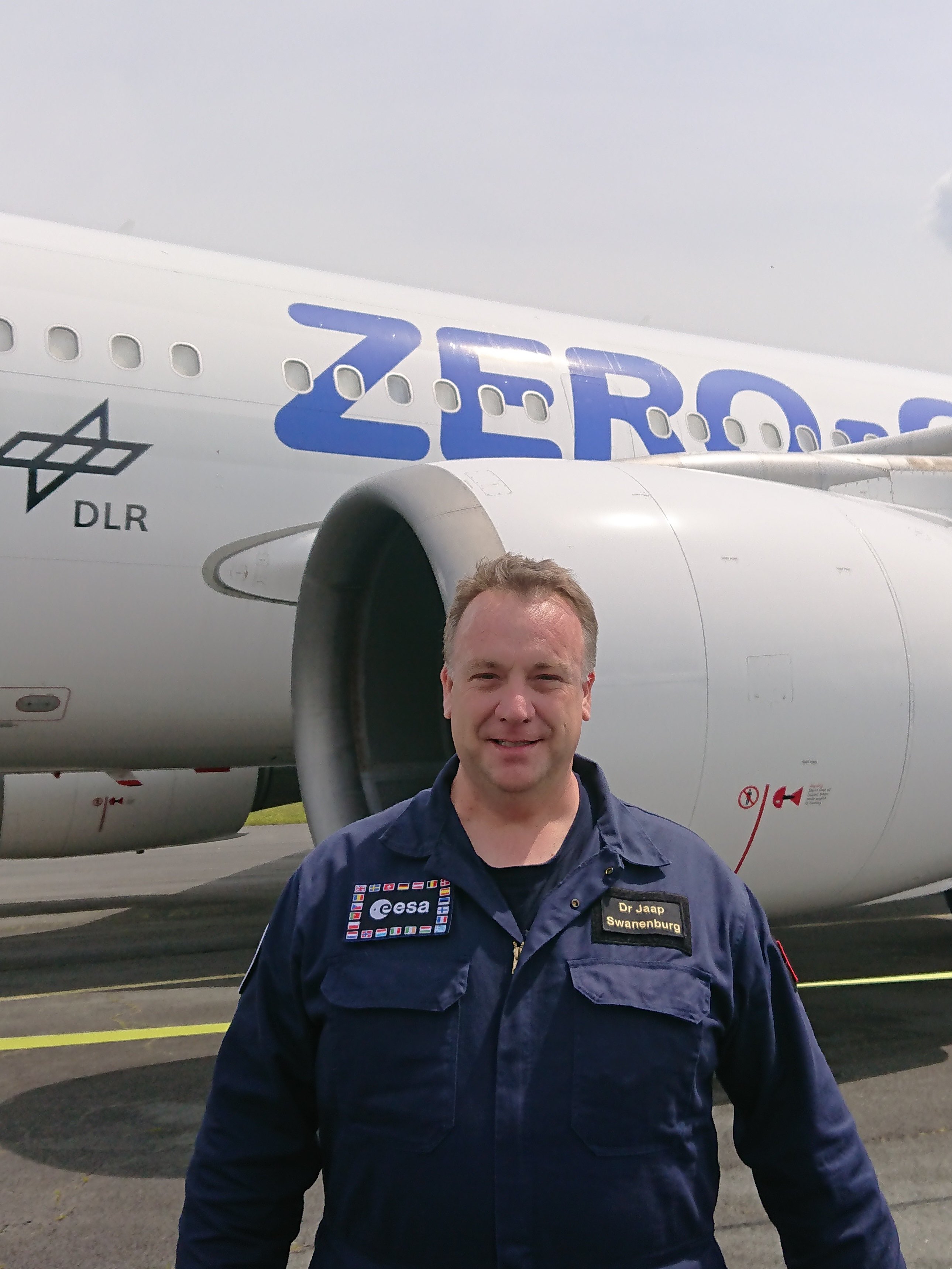
Meet a Space Scientist: Dr. Jaap Swanenburg
We have interviewed Dr. Jaap Swanenburg, who works in the Integrative Spinal Research (ISR) group, the research arm of the department of Chiropractic Medicine at Balgrist University Hospital. Their research focuses on the human spinal motor control under different gravity conditions with the aim of improving spinal health, let's discover more!
-
-
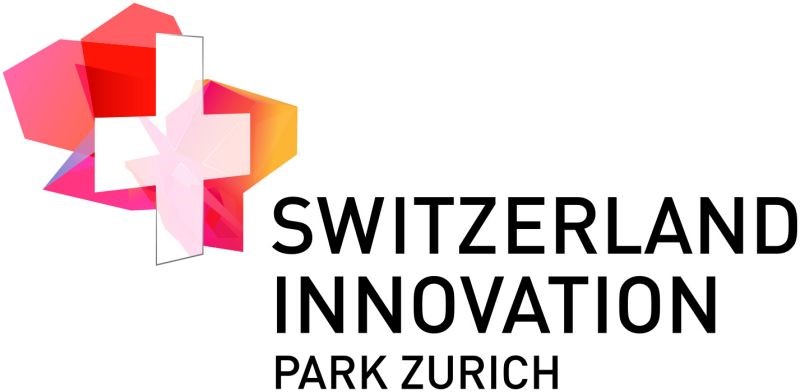
Innovation Park Zurich
With the Switzerland Innovation Park Zurich a new platform for research, development and innovation is being created on the Dübendorf airfield. In the near future, renowned research institutions and companies will settle on the site.
-
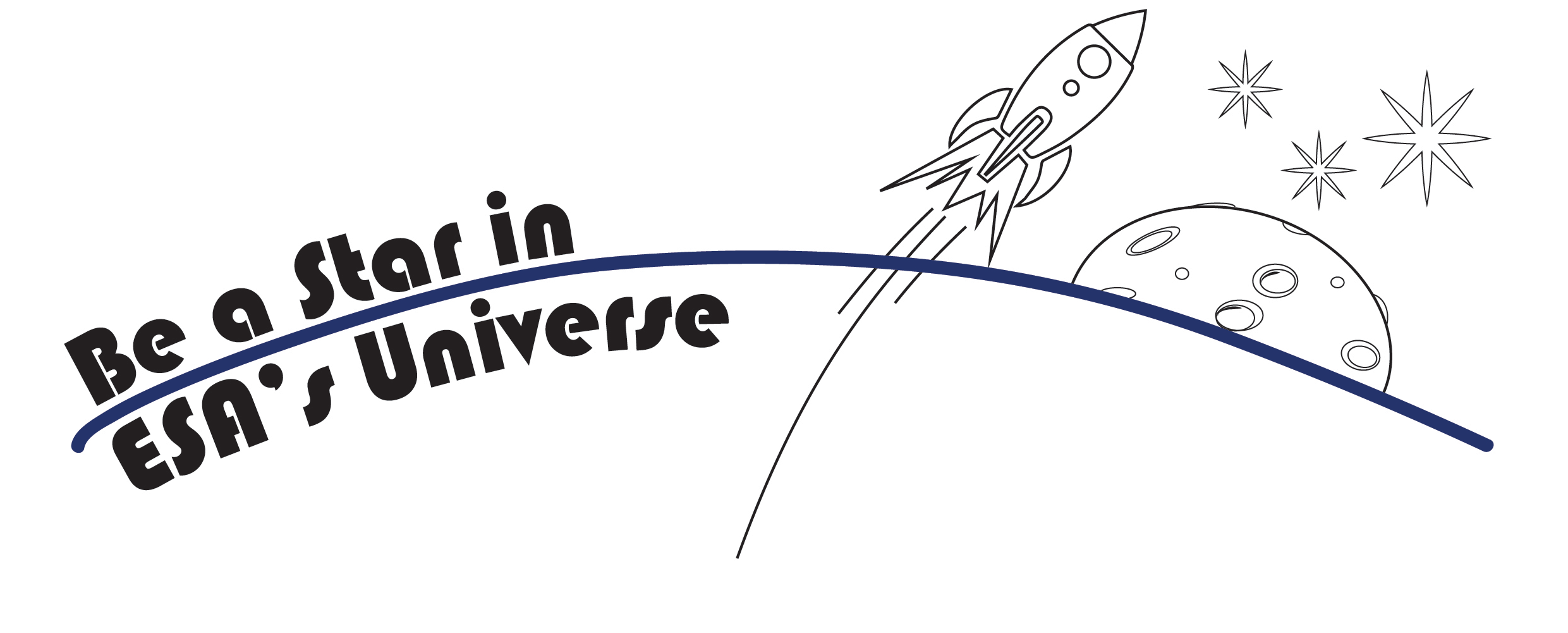
Be a star in ESA’s universe – A roundup
On November 7, the roadshow event “Be a Star in ESA’s Universe” stopped by at the UZH and the UZH Space Hub hosted an interactive evening about careers either at ESA or in space academia, industry or research and innovation. Here is a roundup for you to become a star yourself!
-
First UZH Space Hub workshop
Every venture depends on an active and strong team. Therefore, the UZH Space Hub members will meet for the first time on October 17, 2019 to shape and enrich the cluster with your ideas and your contribution.
-
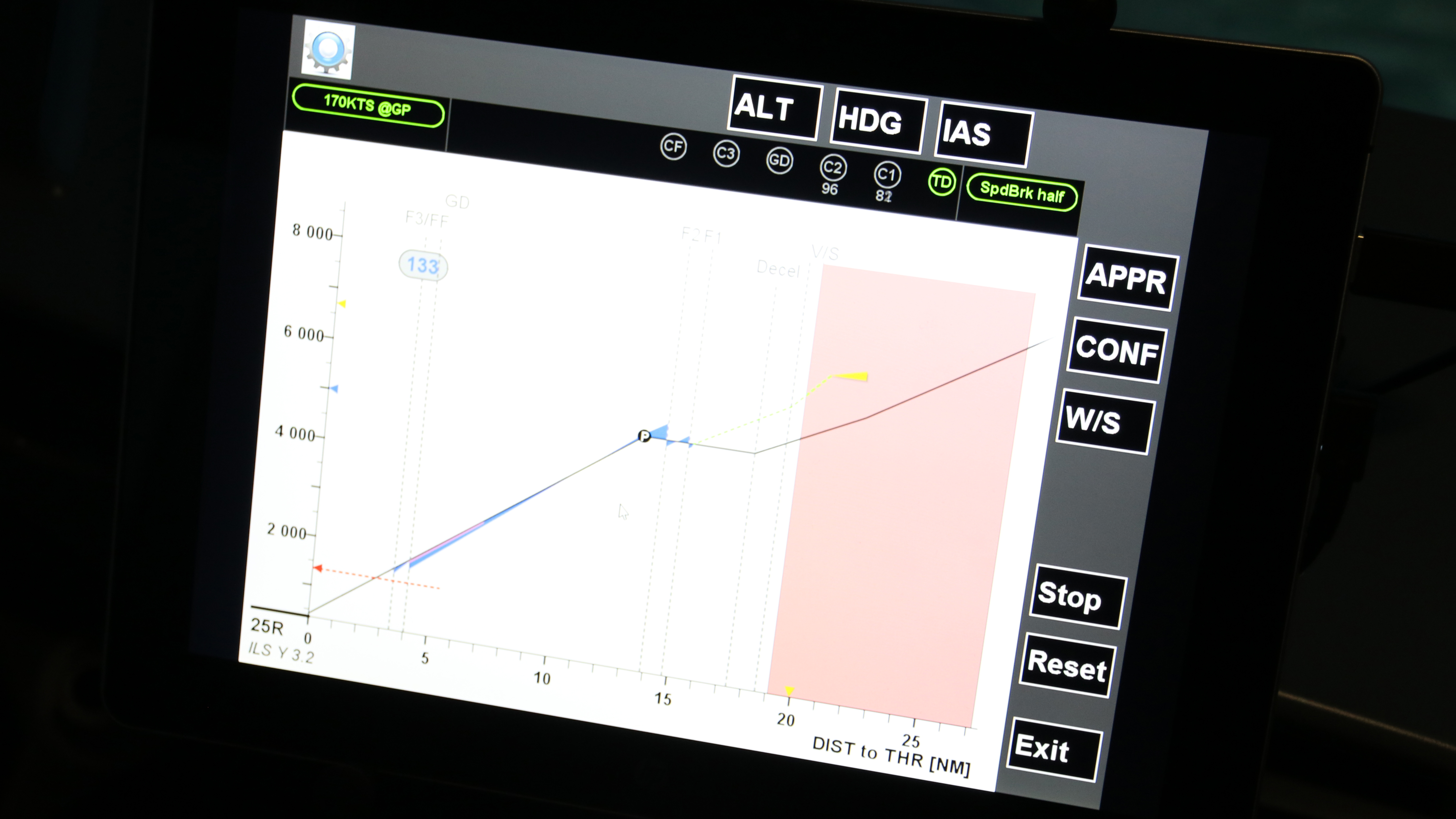
Forschungsprojekt: Optimierung von Anflugverfahren zur Lärmminderung am Flughafen Zürich mit dem DLR Pilotenassistenzsystem LNAS
Fluglärm ist ein viel diskutiertes Problem im Grossraum Zürich. Von Seiten der Wissenschaft wird intensiv geforscht um Verbesserungen zu erzielen. Im Rahmen eines von der Swiss SkyLab Foundation initiierten 3-jährigen Projekts wurde in einem Konsortium zusammen mit der Eidgenössischen Materialprüfungs- und Forschungsanstalt Empa und dem Deutschen Zentrum für Luft- und Raumfahrt (DLR) das Pilotenassistenzsystem LNAS (Low Noise Augmentation System) für den sogenannten Continuous Descent Approach (CDA) weiterentwickelt. Dieses System soll Piloten im Alltag dabei helfen, Lärmimmissionen bei Anflügen minimal zu halten und gleichzeitig möglichst ökonomisch anzufliegen.
-
Von Apollo bis Artemis
Von der Mondlandung bis zu Arbeitsplatz im All
Mit dem Artemis-Programm will die amerikanische Raumfahrtagentur NASA erneut Astronauten zur Mondoberfläche senden. Damit wird im Jahr 2024 zum ersten Mal seit dem Ende des Apollo-Programms im Jahr 1972 eine bemannte Mission den Erdtrabanden erkunden. Seit dem ersten Mann auf dem Mond hat sich die Raumfahrt grundlegend verändert, denn der Weg in den Weltraum soll bald nicht mehr nur den staatlichen Raumfahrtagenturen vorbehalten bleiben.
-
NASA fördert privatwirtschaftliche Tätigkeiten auf der ISS
Die US-amerikanische Raumfahrtagentur will die internationale Raumstation ISS zunehmend für inländische Unternehmen öffnen und privatwirtschaftlich organisierte Astronauteneinsätze unterstützen. Ziel sei es, die ökonomische Nutzung des unteren Erdorbit (weniger als 2000 km über der Erdoberfläche) zu beschleunigen, wie die NASA in einer Pressekonferenz mitteilte.
-
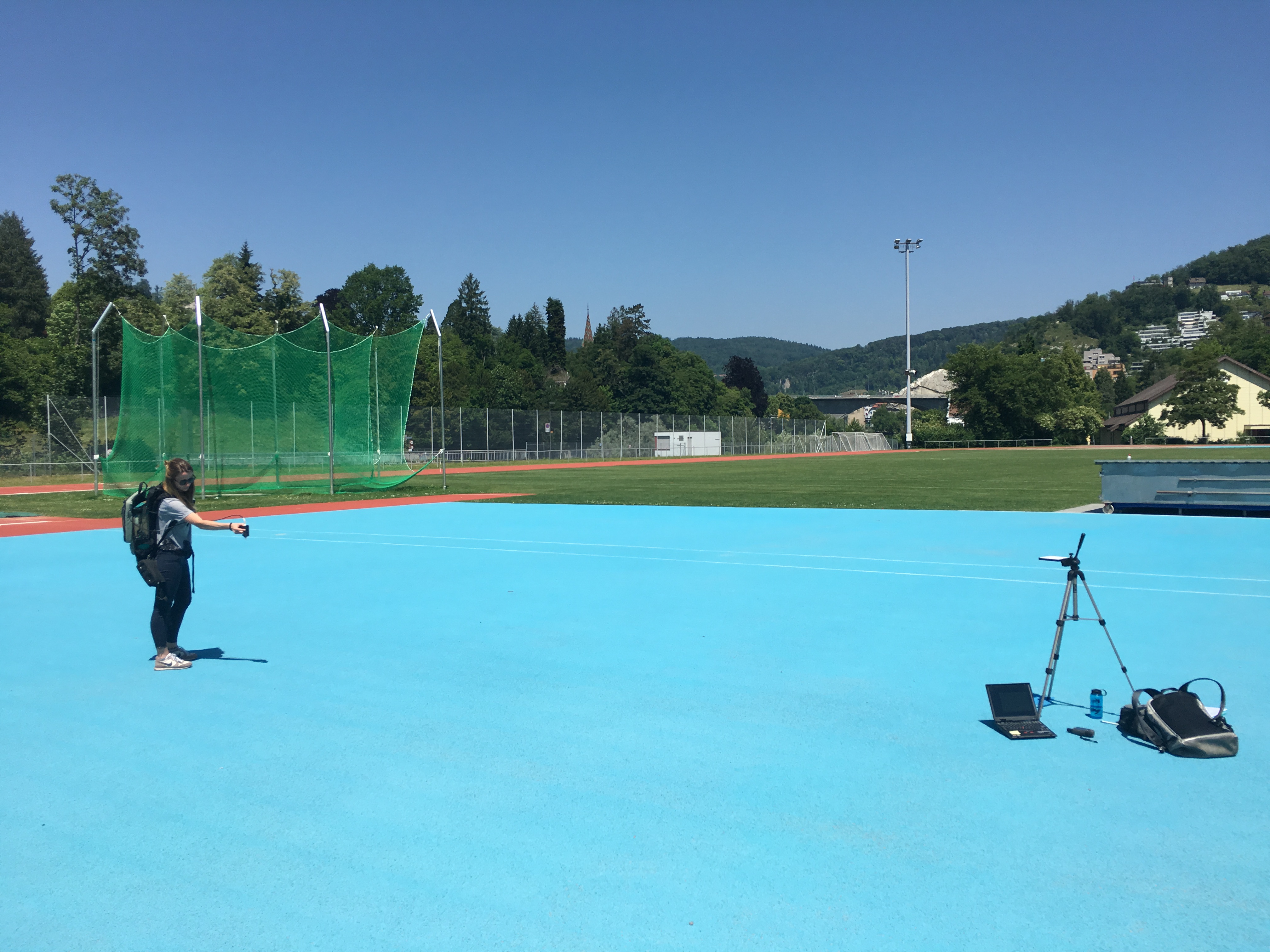
Wissenschaftler scannen die Lägern im Dienste der Raumfahrt
Regelmässig scannen Wissenschaftler der Universität Zürich die Lägern aus der Luft. Dabei kommt ein Spektrometer zum Einsatz, das im Rahmen des PRODEX Programms der Europäischen Raumfahrtagentur entwickelt wurde. Mit den Aufnahmen können Rückschlüsse u.a. auf den Zustand des Ökosystems und die Zusammensetzung der Atmosphäre gezogen werden.
-
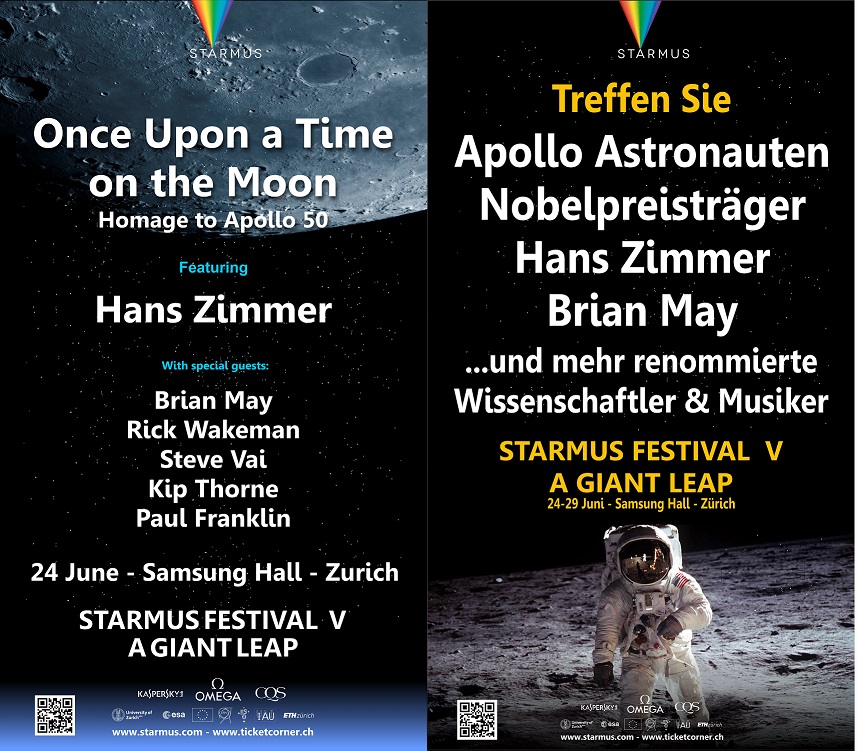
STARMUS V: Das Weltraum-Festival kommt nach Zürich
Zum fünfzigsten Jubiläum der Mondlandung kommt das Starmus-Festival nach Zürich.
-
Innovation: Universität Zürich im Spitzenfeld
Unter den hundert innovativsten Universitäten Europas belegt die Universität Zürich den neunten Platz. Damit konnte sie vier Plätze nach oben rücken, wie aus dem aktuellen Reuters- Ranking 2019 hervorgeht.
Neben der Universität Zürich sind auch die EPFL Luzern (Platz 5) und die ETH Zürich (Platz 10) in den Top 10 vertreten. An erster Stelle rangiert, zum vierten Mal in Folge, die belgische KU Leuven. Abgesehen vom Spitzenreiter sind nur englische, deutsche und Schweizer Hochschulen unter den zehn Top-Innovatoren.
-
-
-
-
- UZH Space Hub expands space and aviation ecosystem with three new users
- New Space Economy: Zurich and Baden-Württemberg Explore Cooperation
- ZHAW Strenthens CSA
- Switzerland Innovation Park Zurich Becomes European Hub for Space Florida
-
The Aesthetics of Wonders Exhibition
- Empa becomes new CSA partner– strengthening the Swiss New Space ecosystem
-
Fast-Track to Space: Swiss Genomics Research on Private Space Flight Mission
-
A leading position in Europe's Commercial Space Revolution
-
The Dawn of a New Space Era: Swiss-Nevisian Partnership Embarks on Historic Polar Space Mission
-
UZH Paving the Way for New Space Economy
- Landmark Conference
- DemoTube
- Eröffnung Halle 4